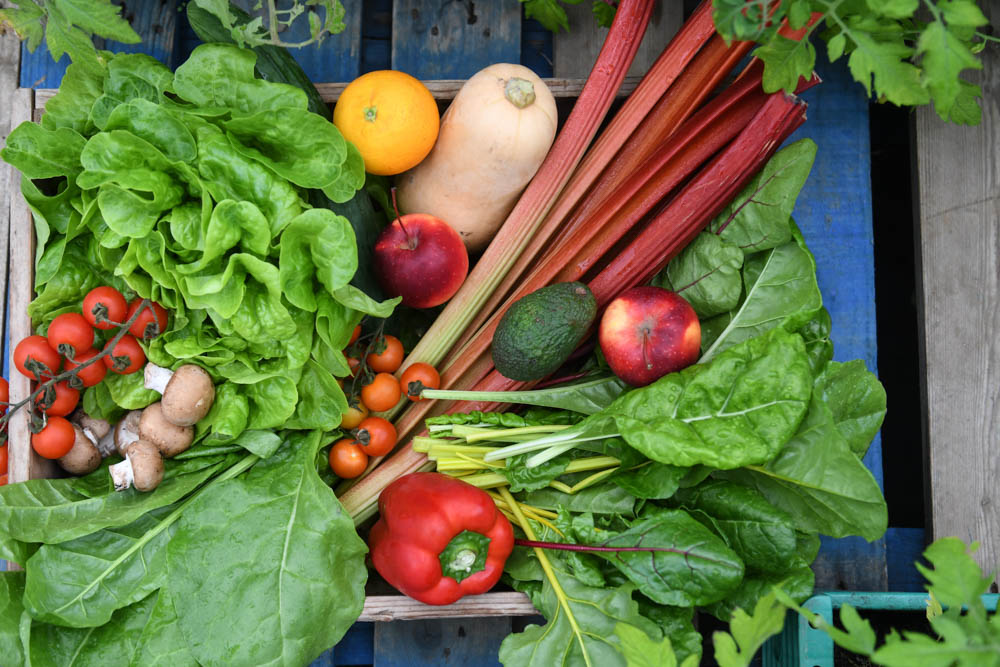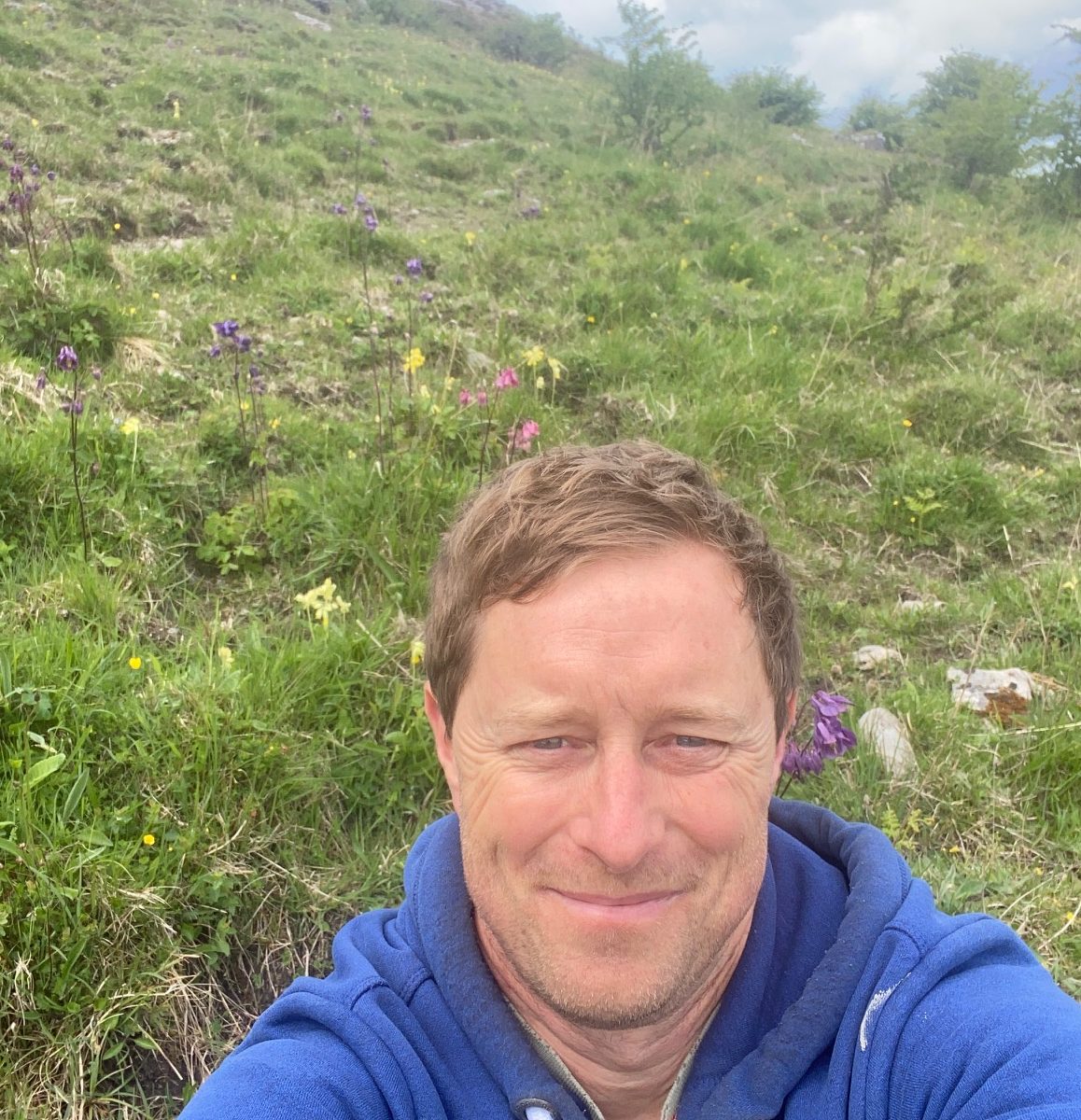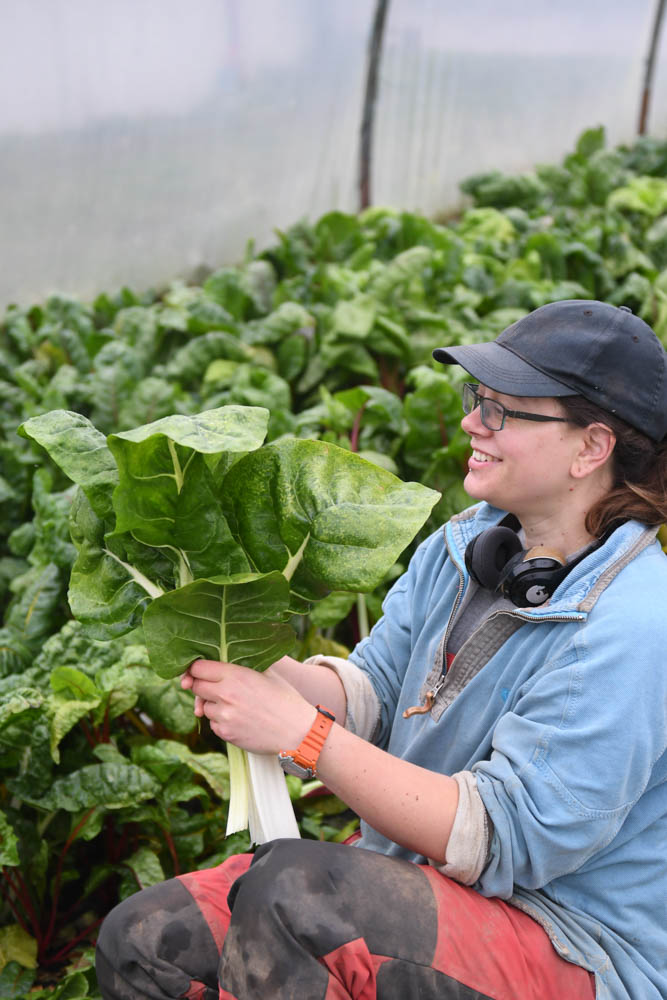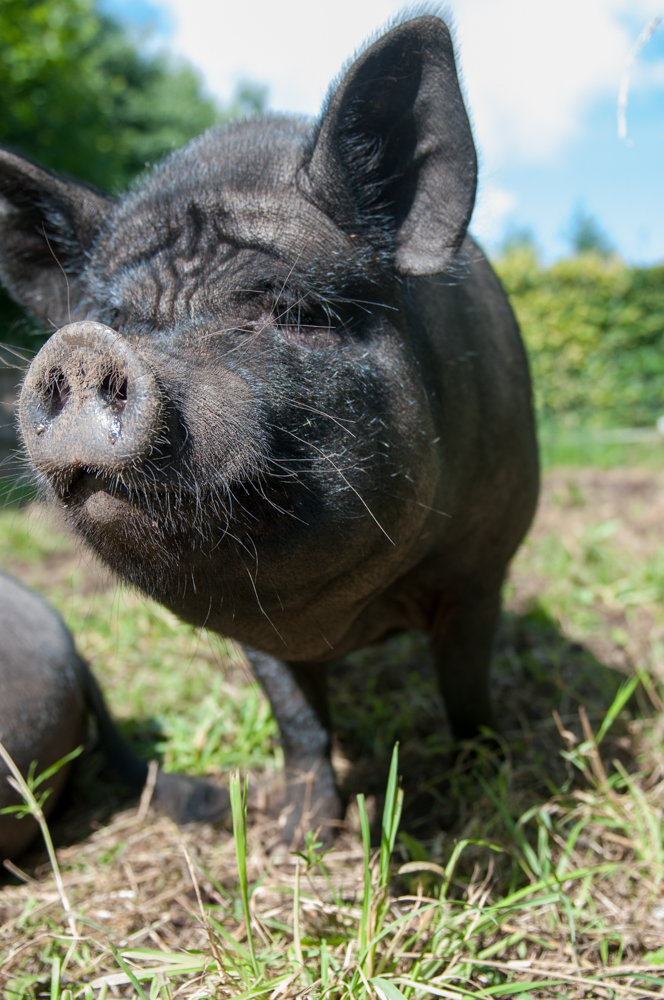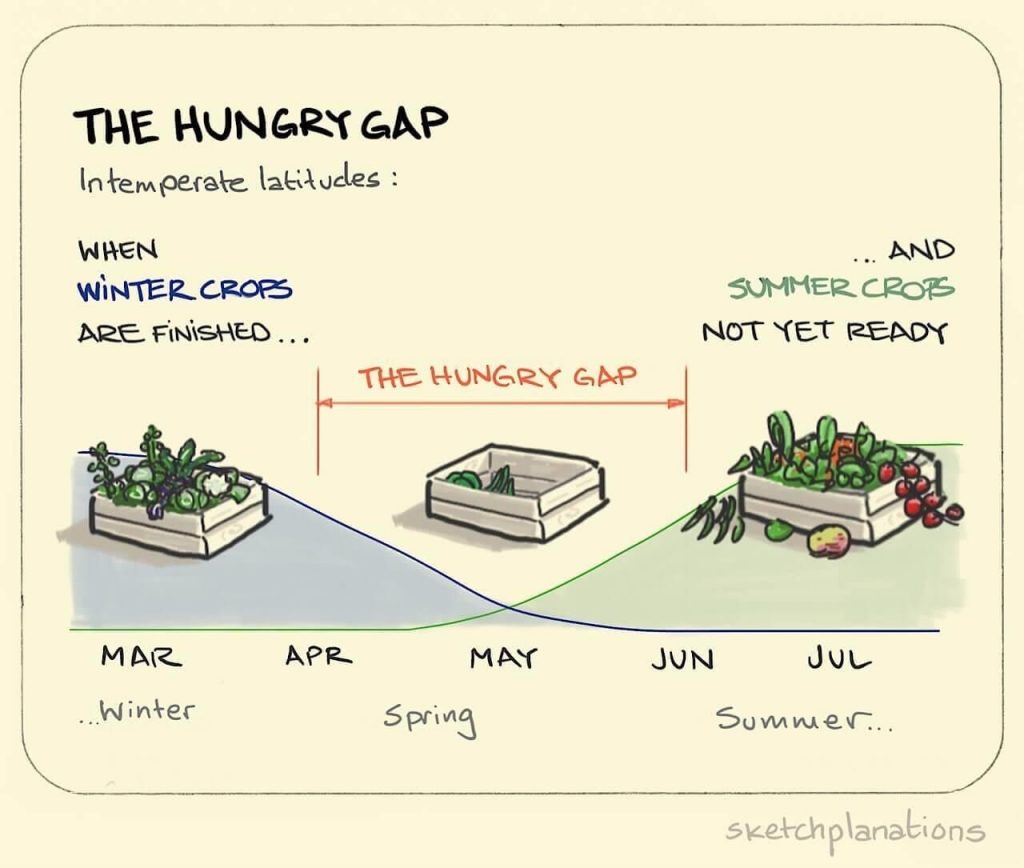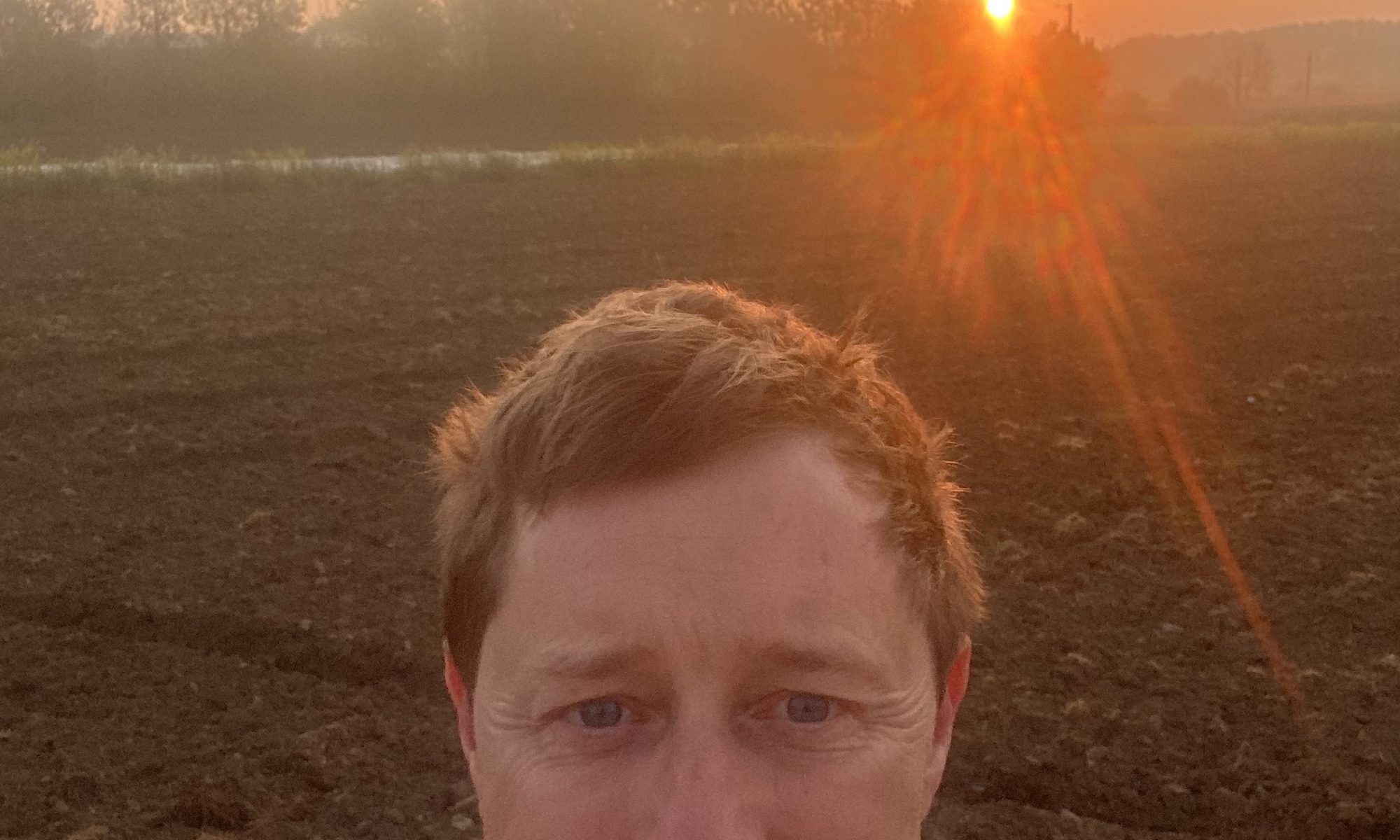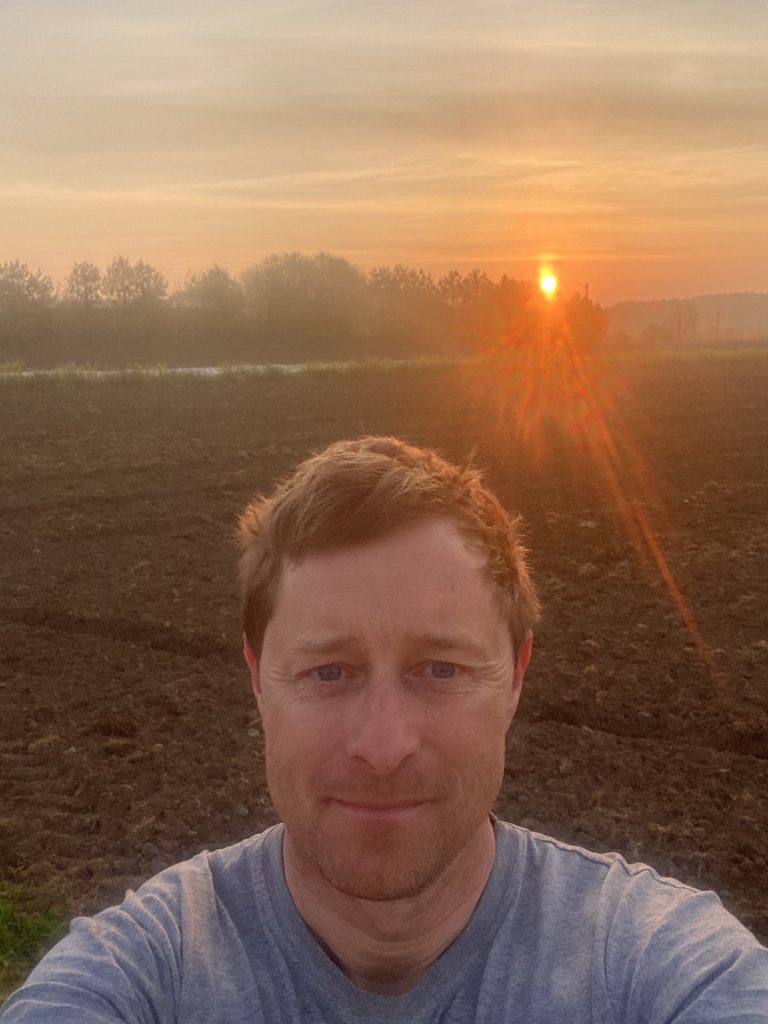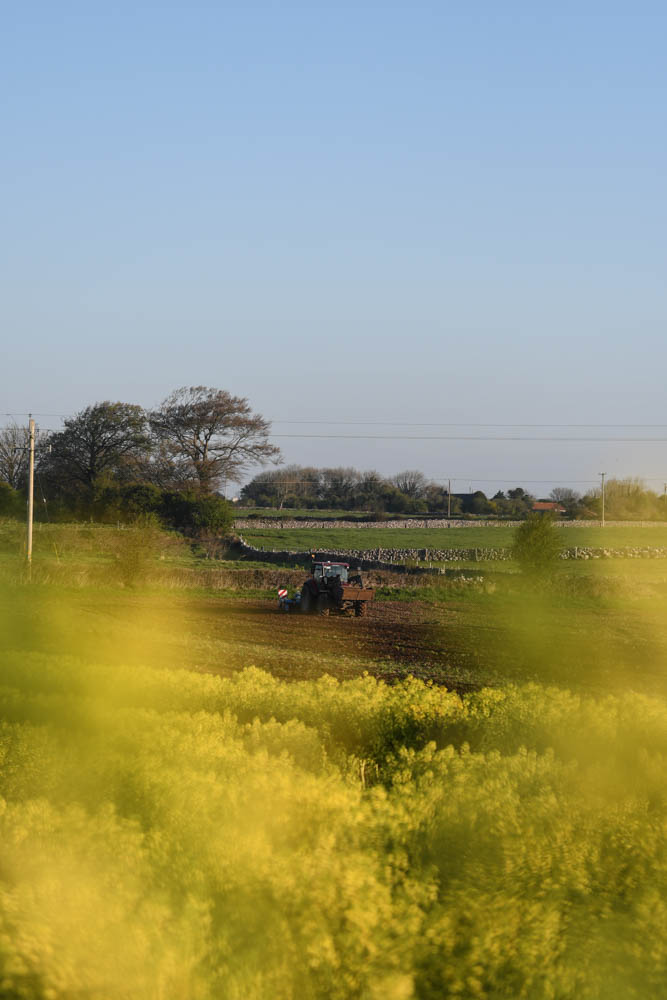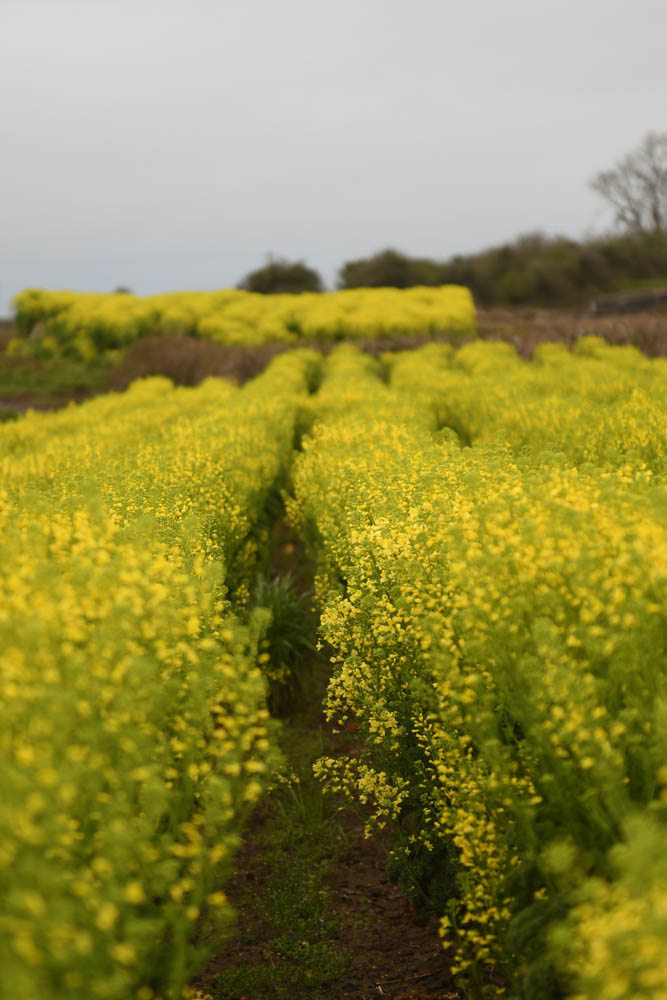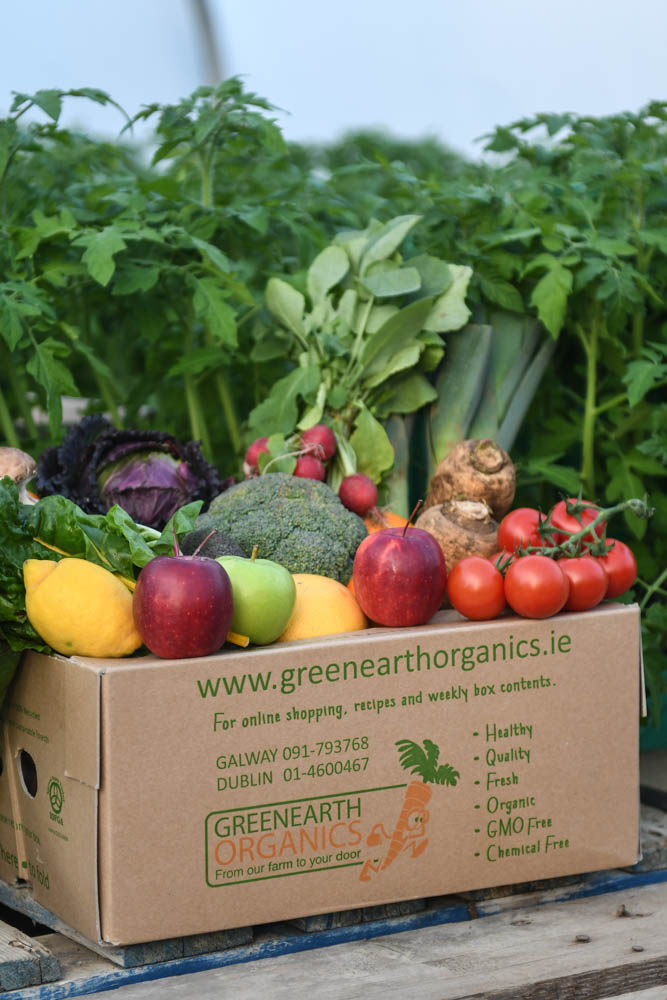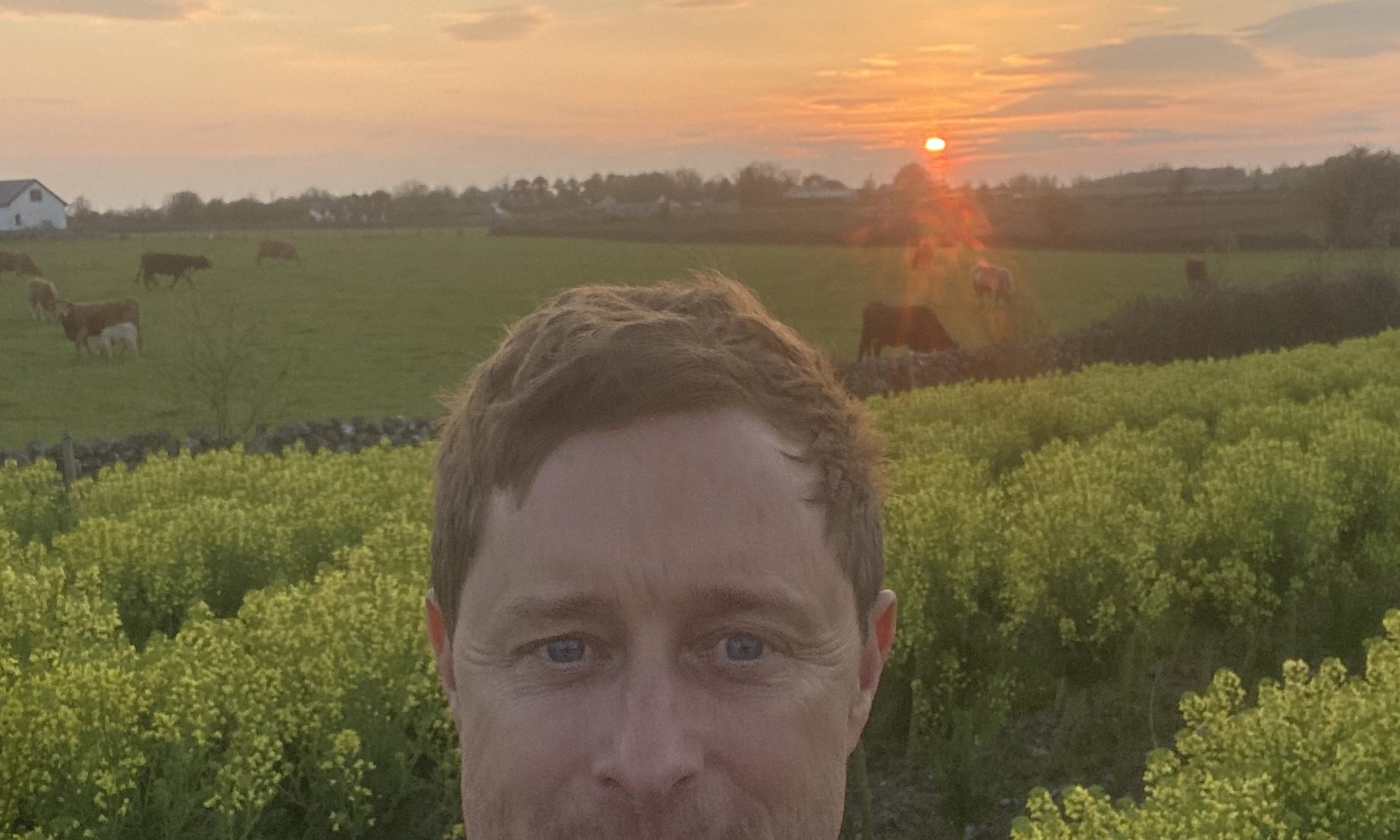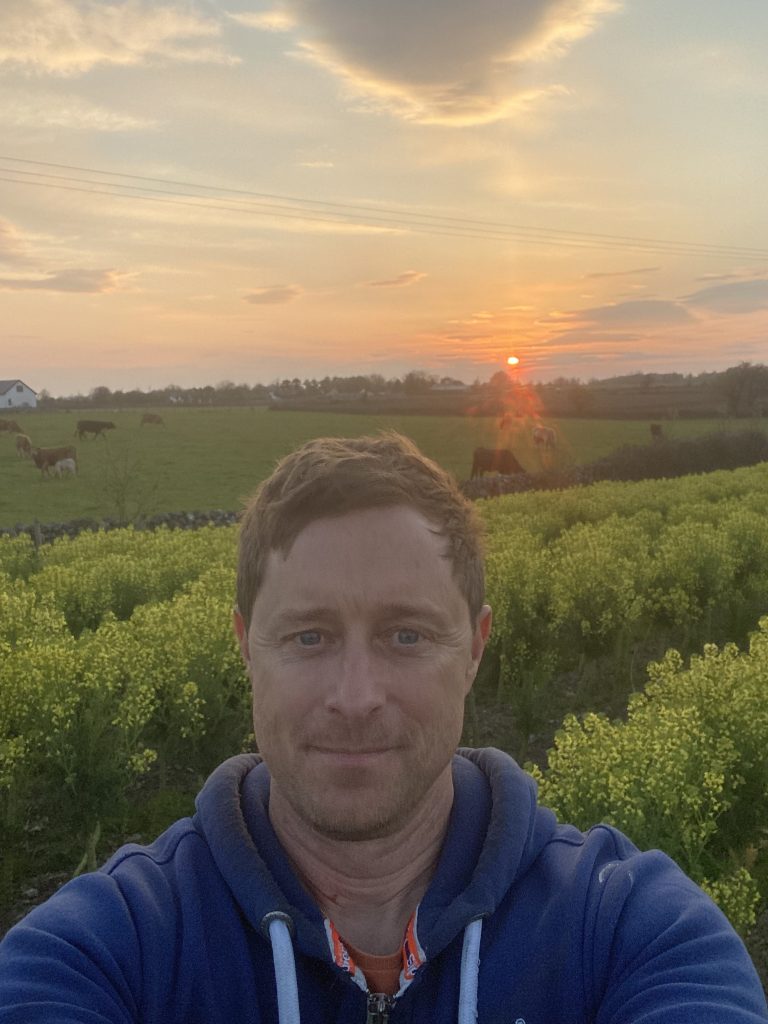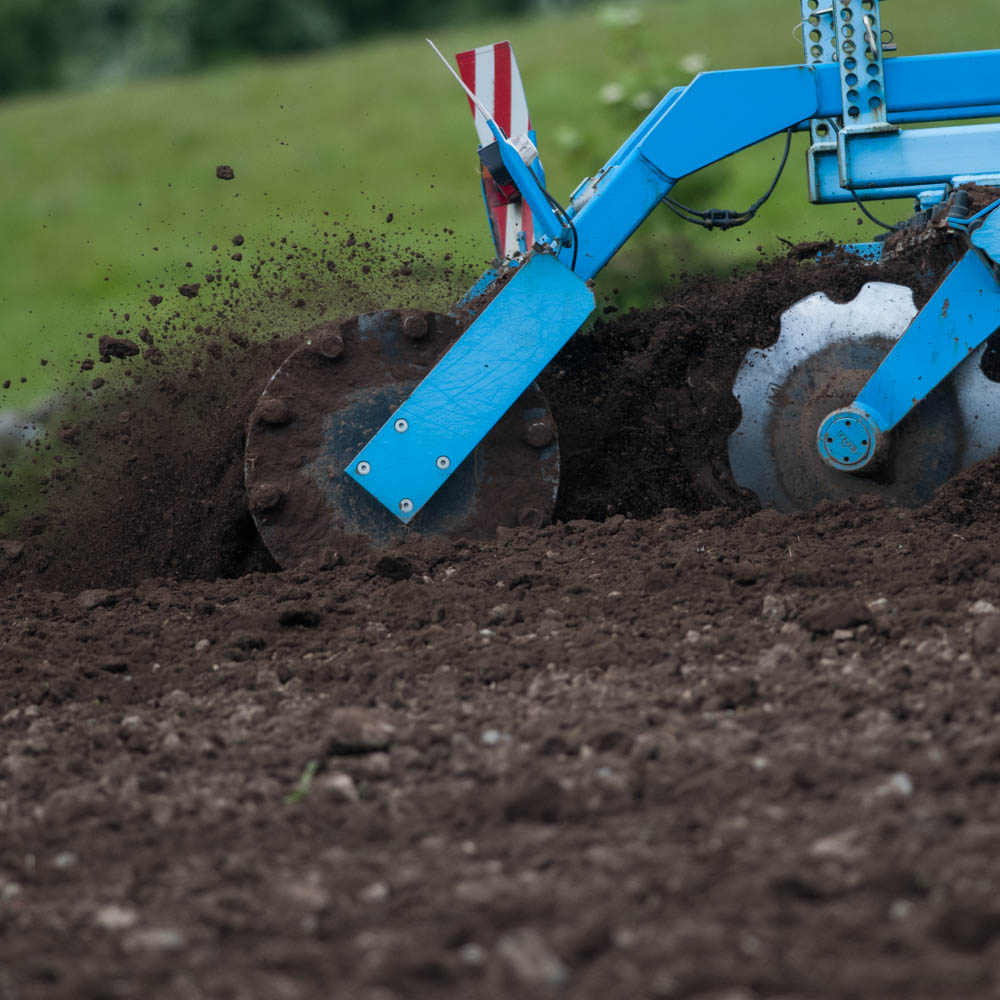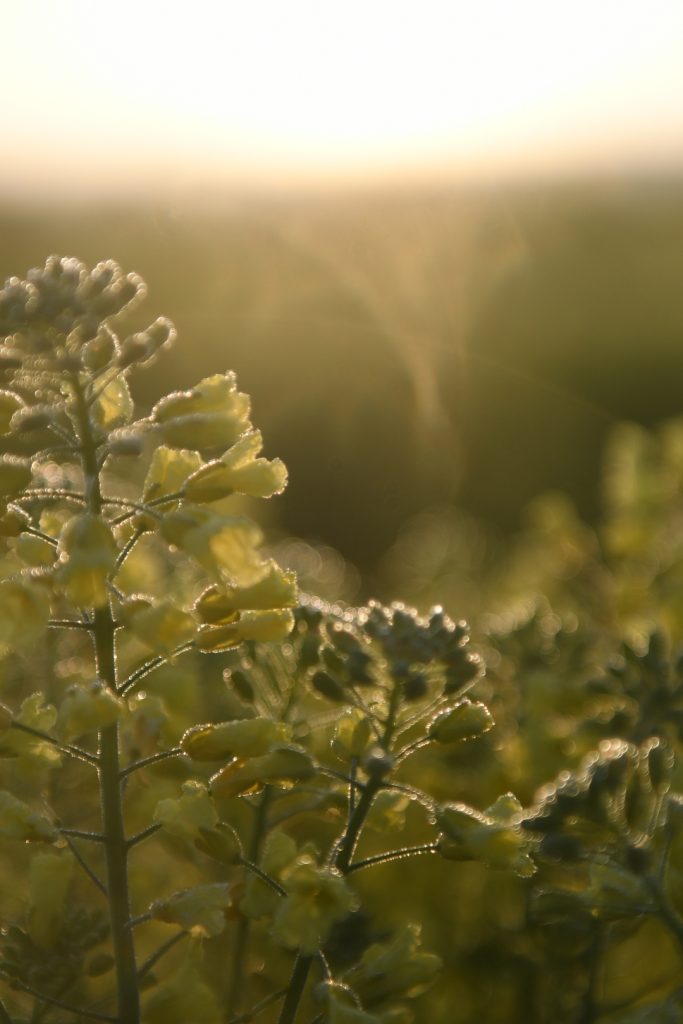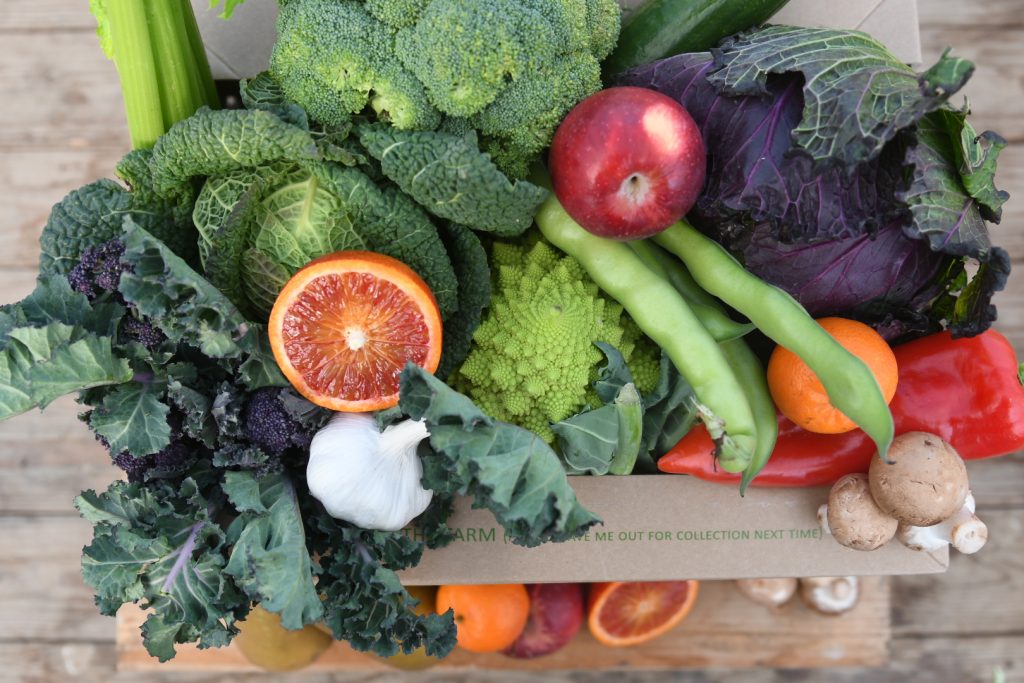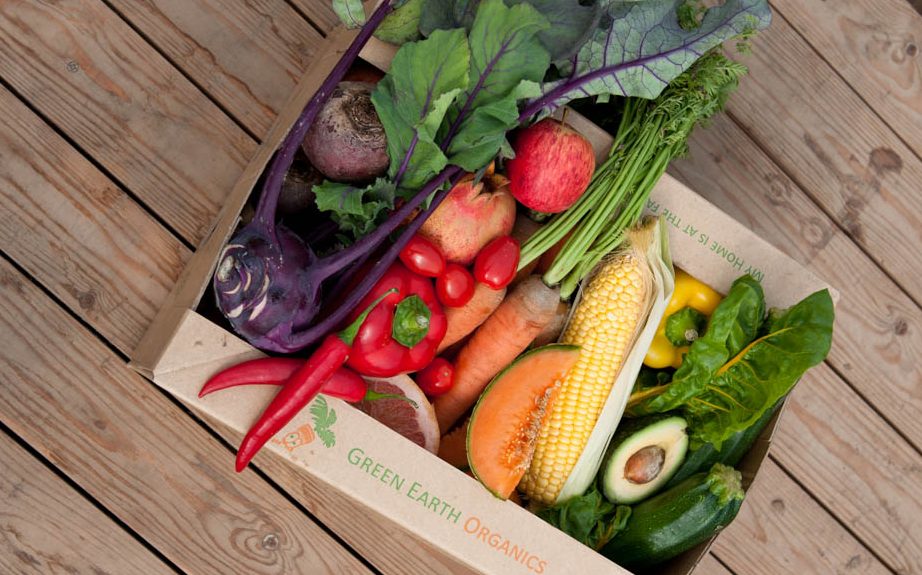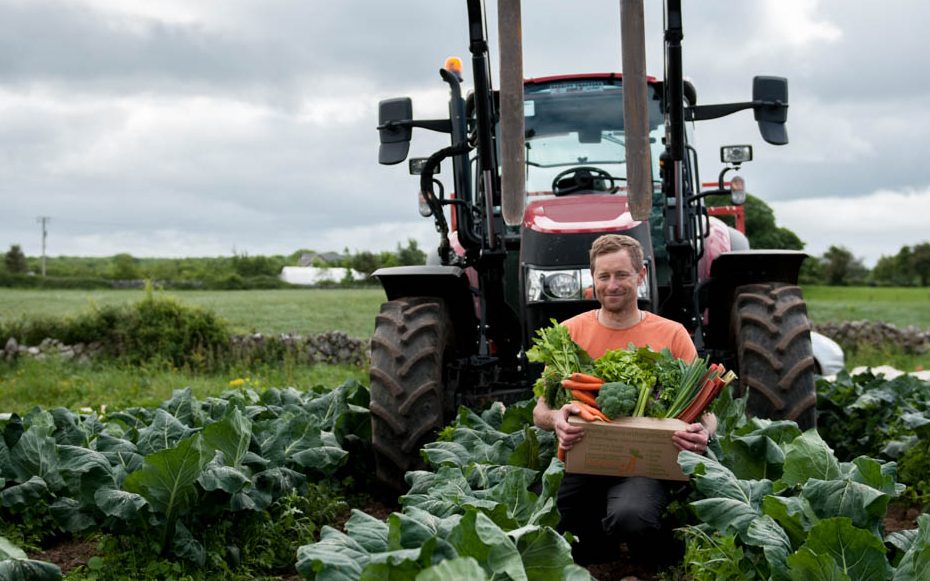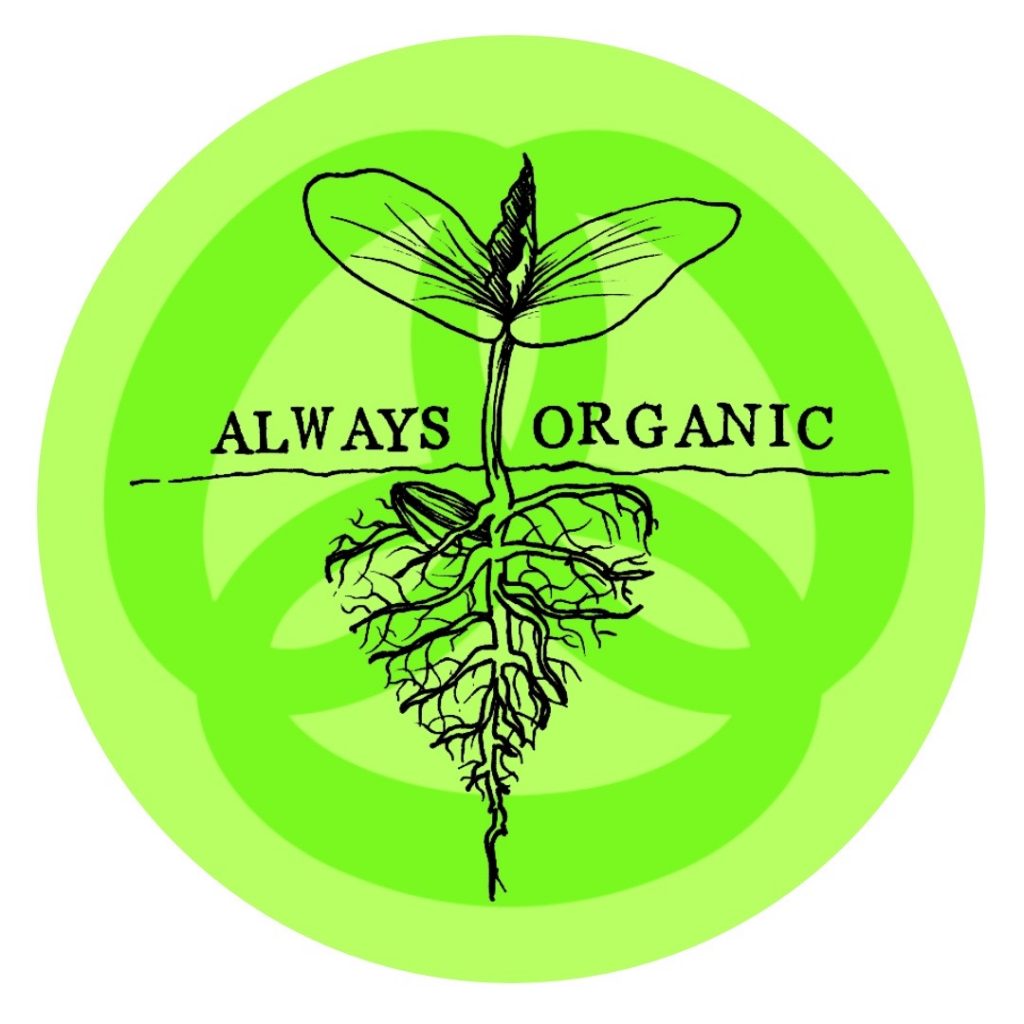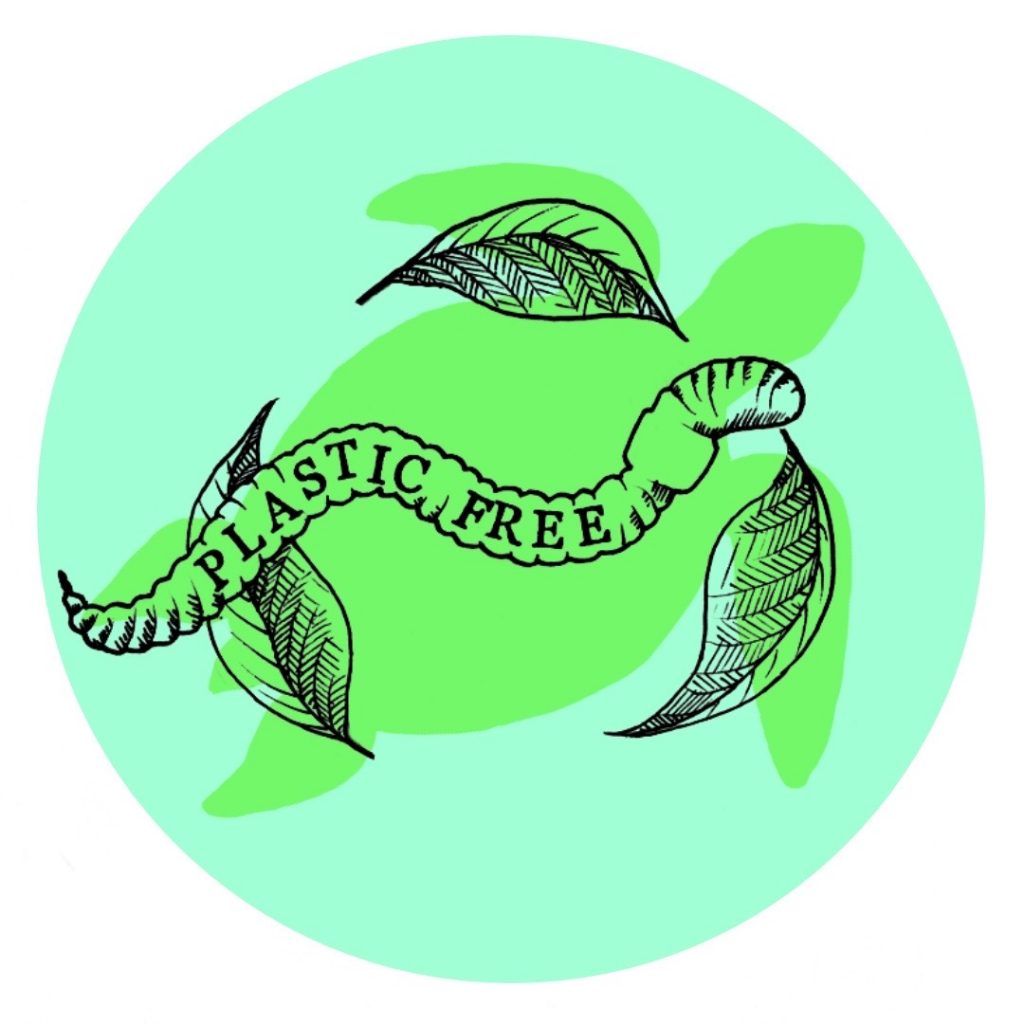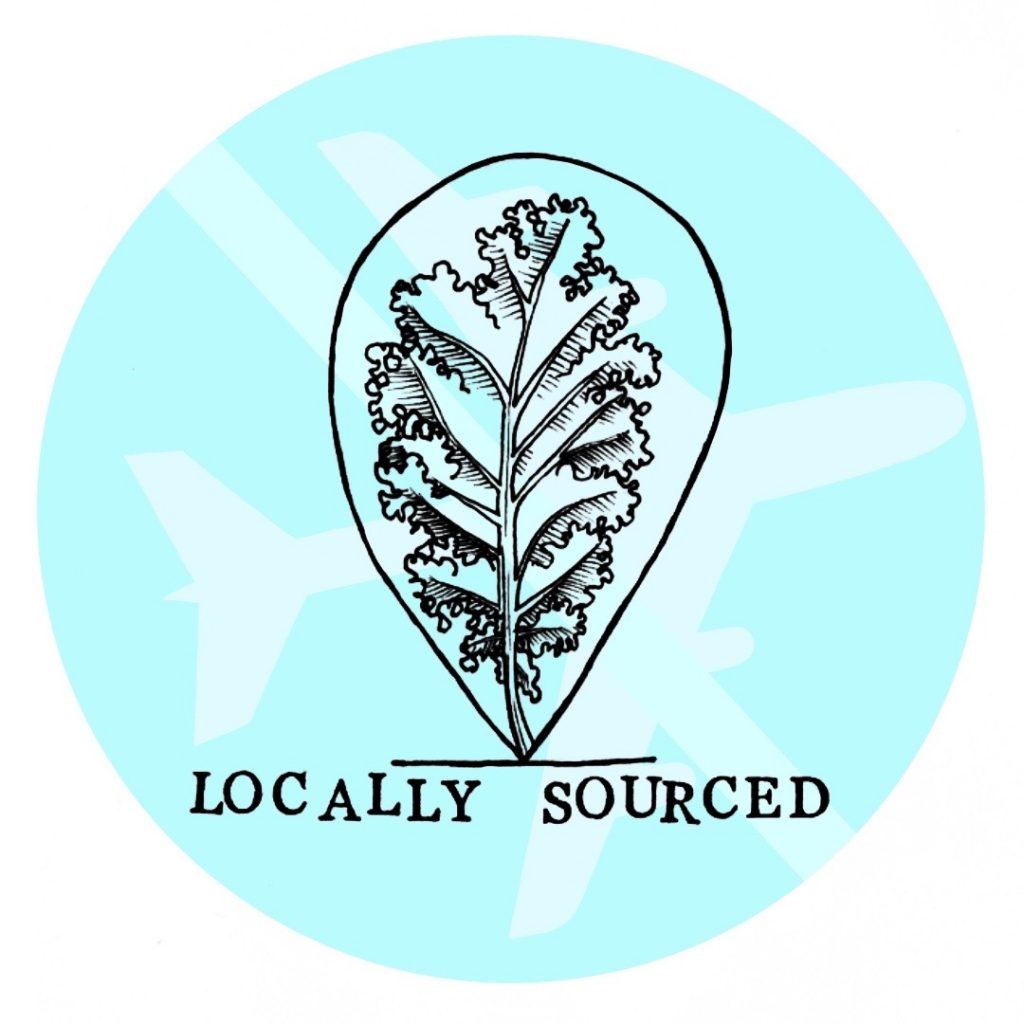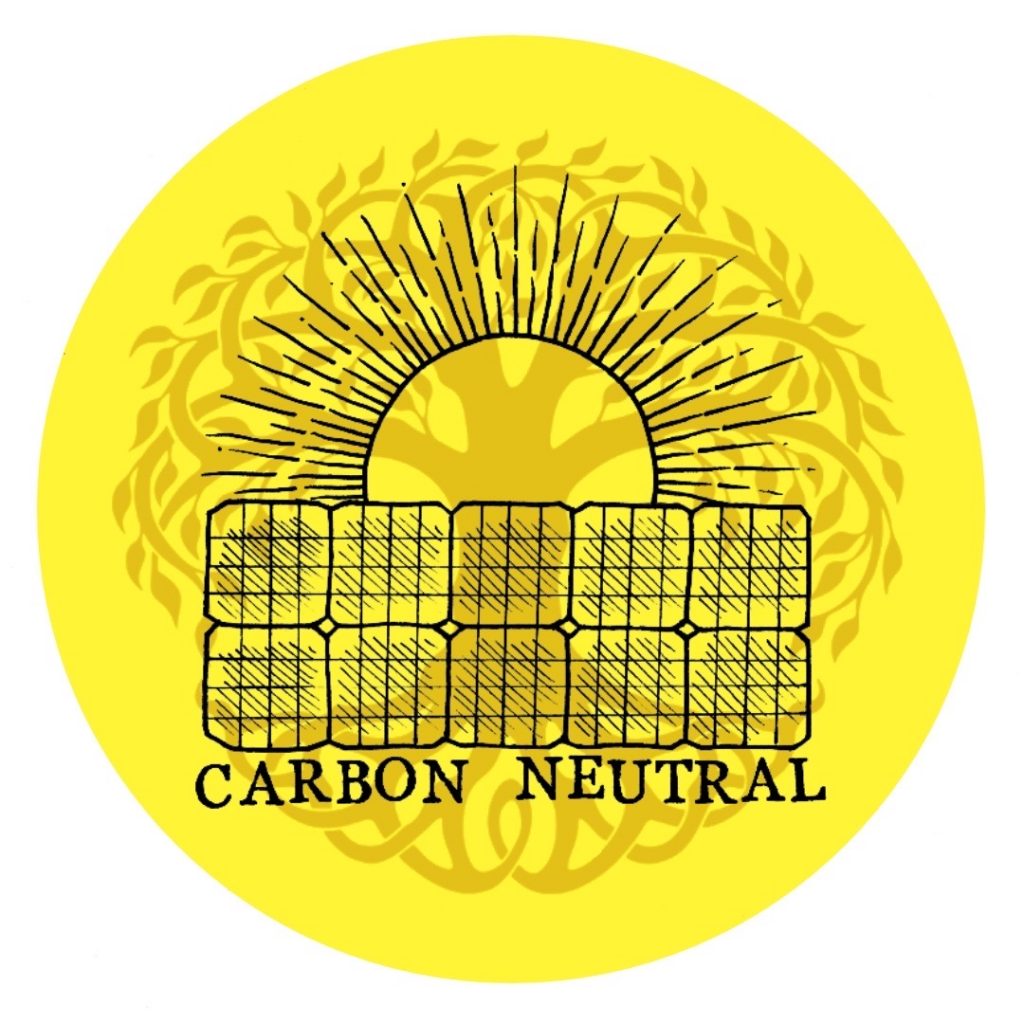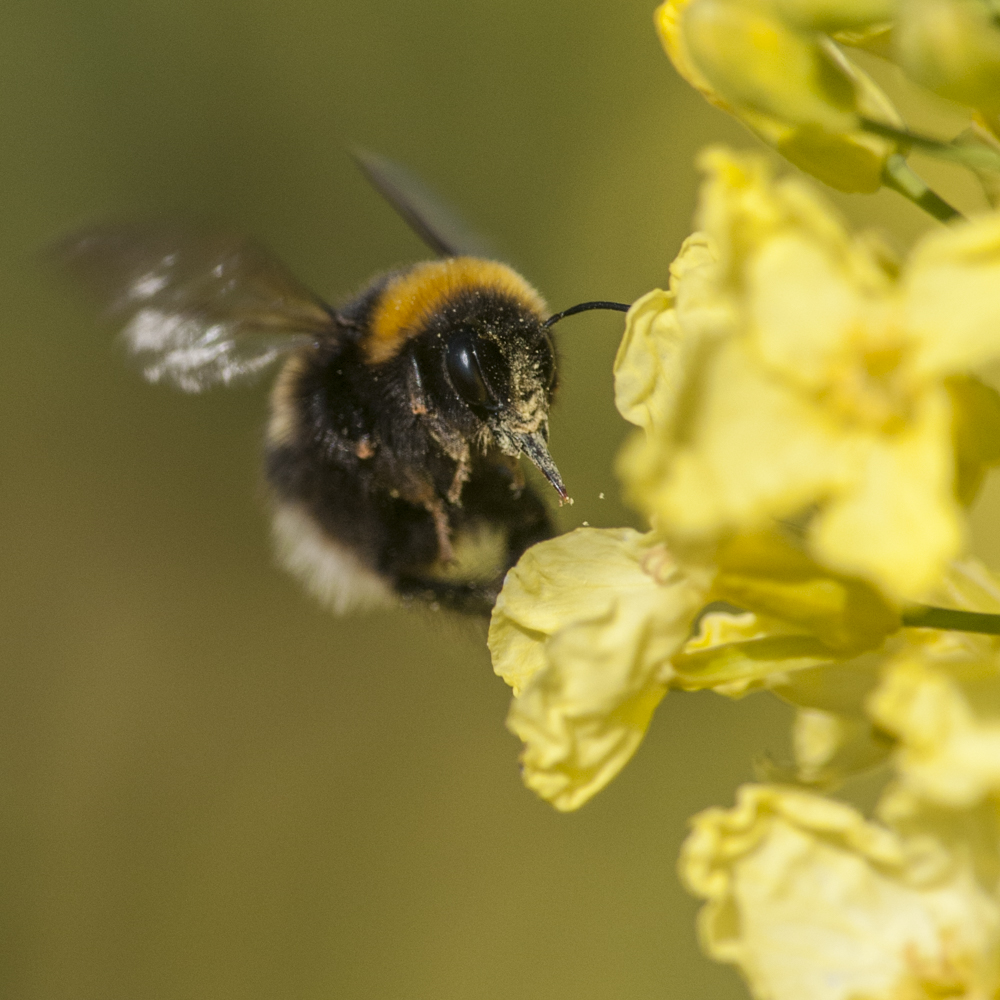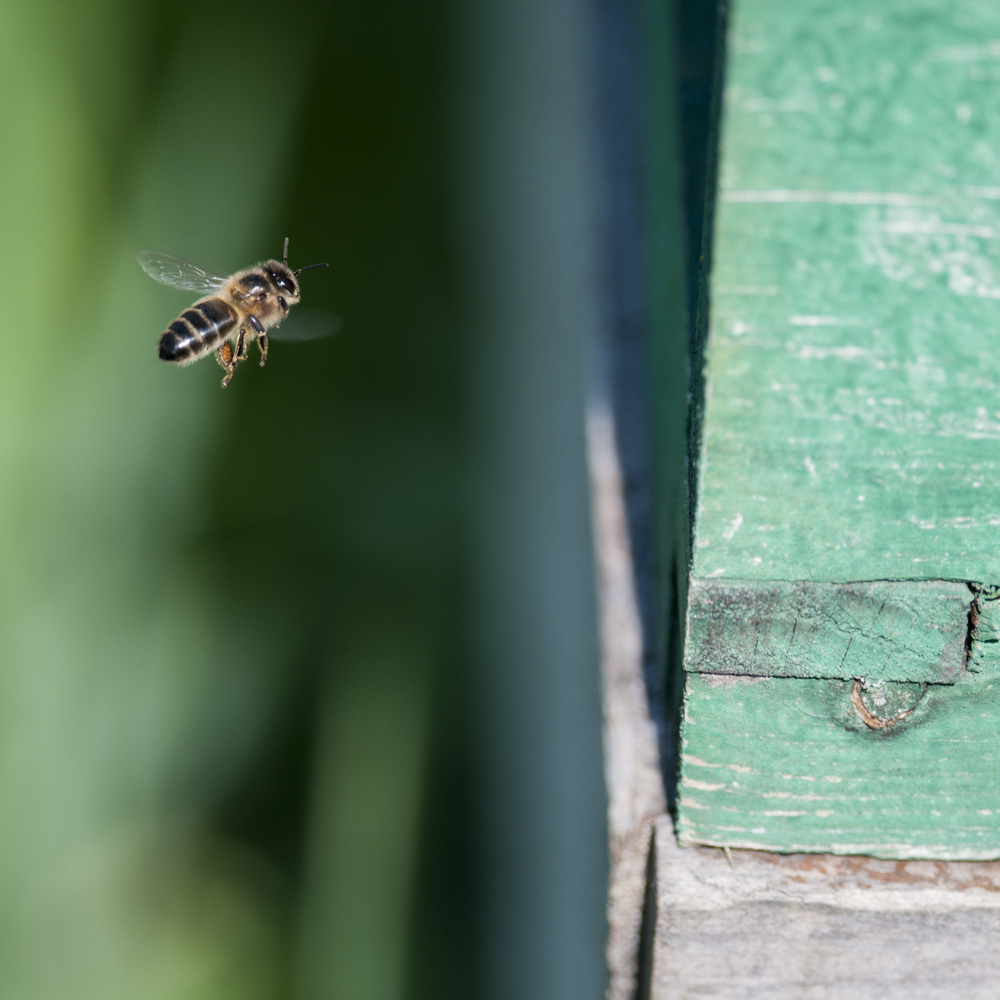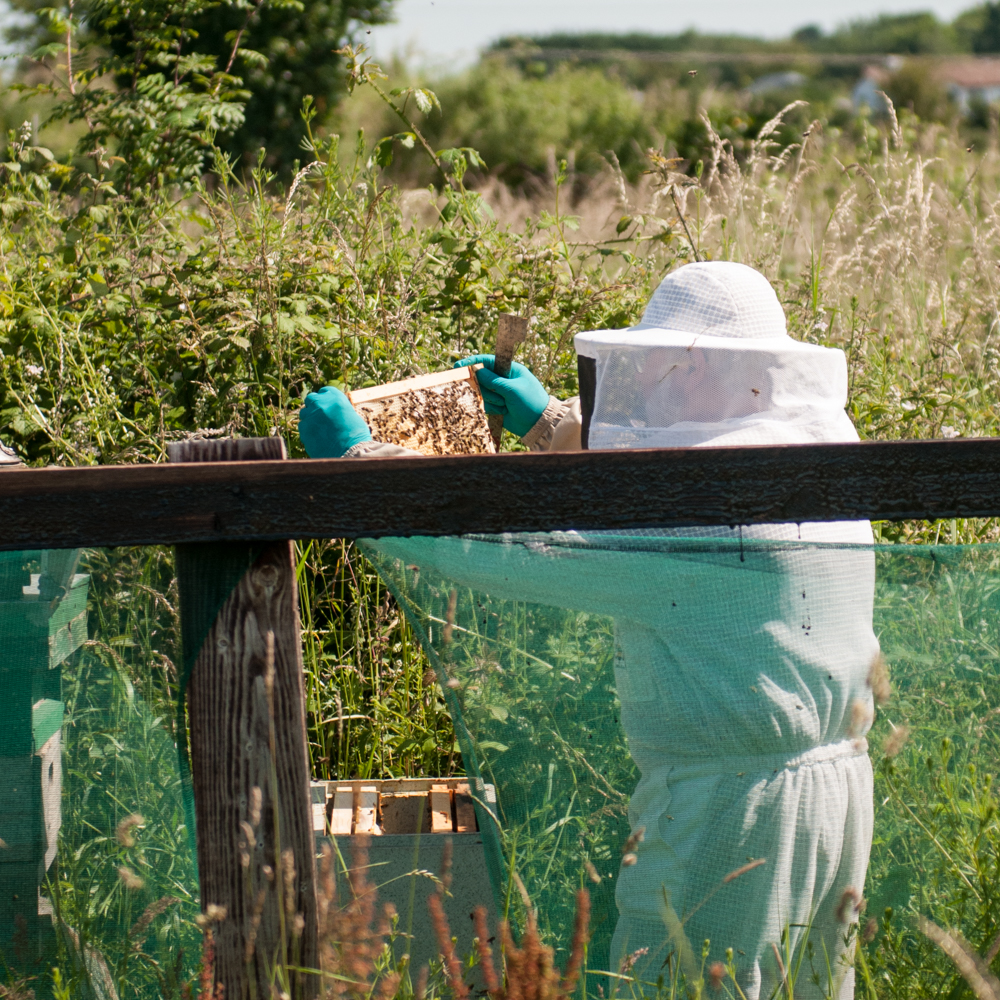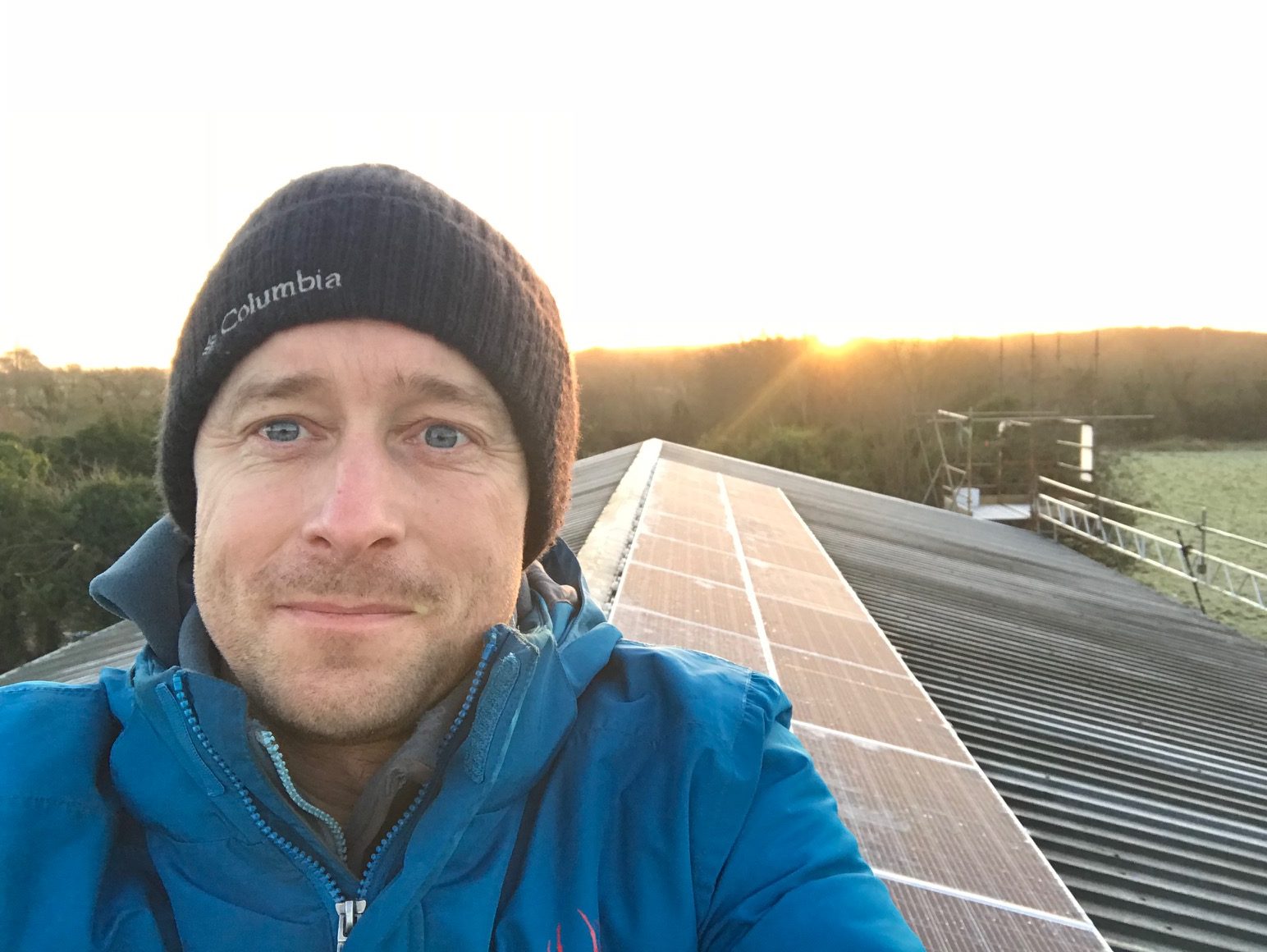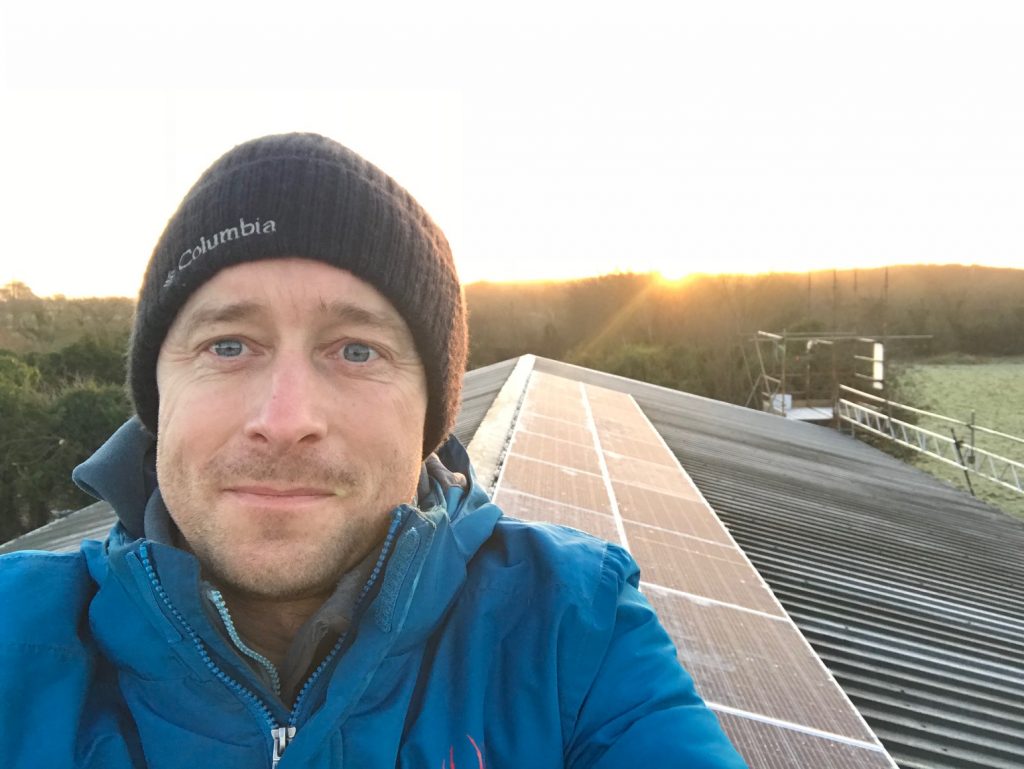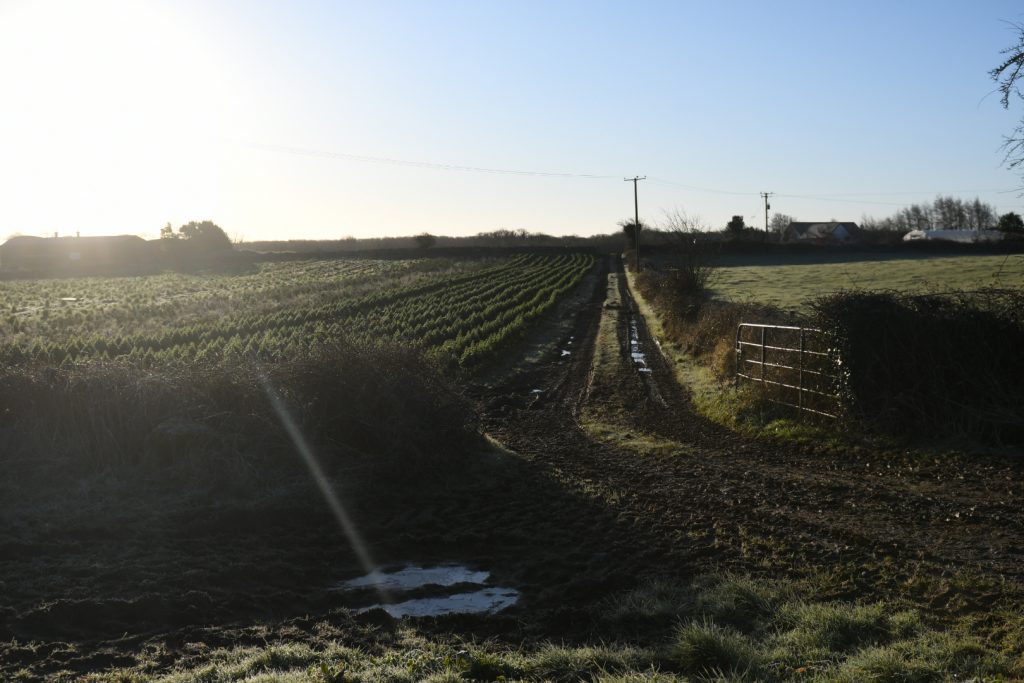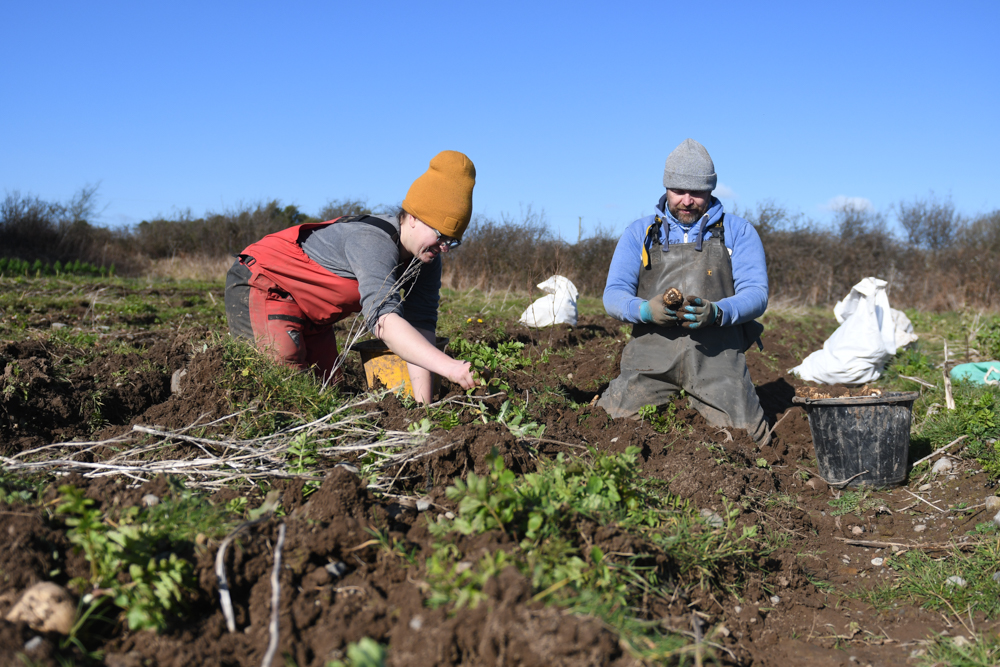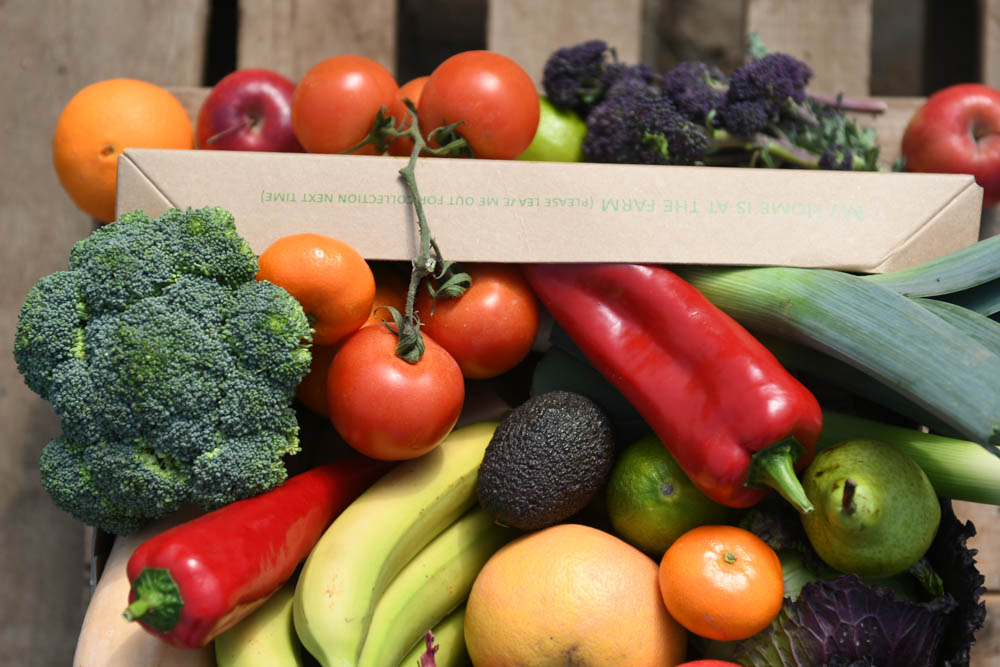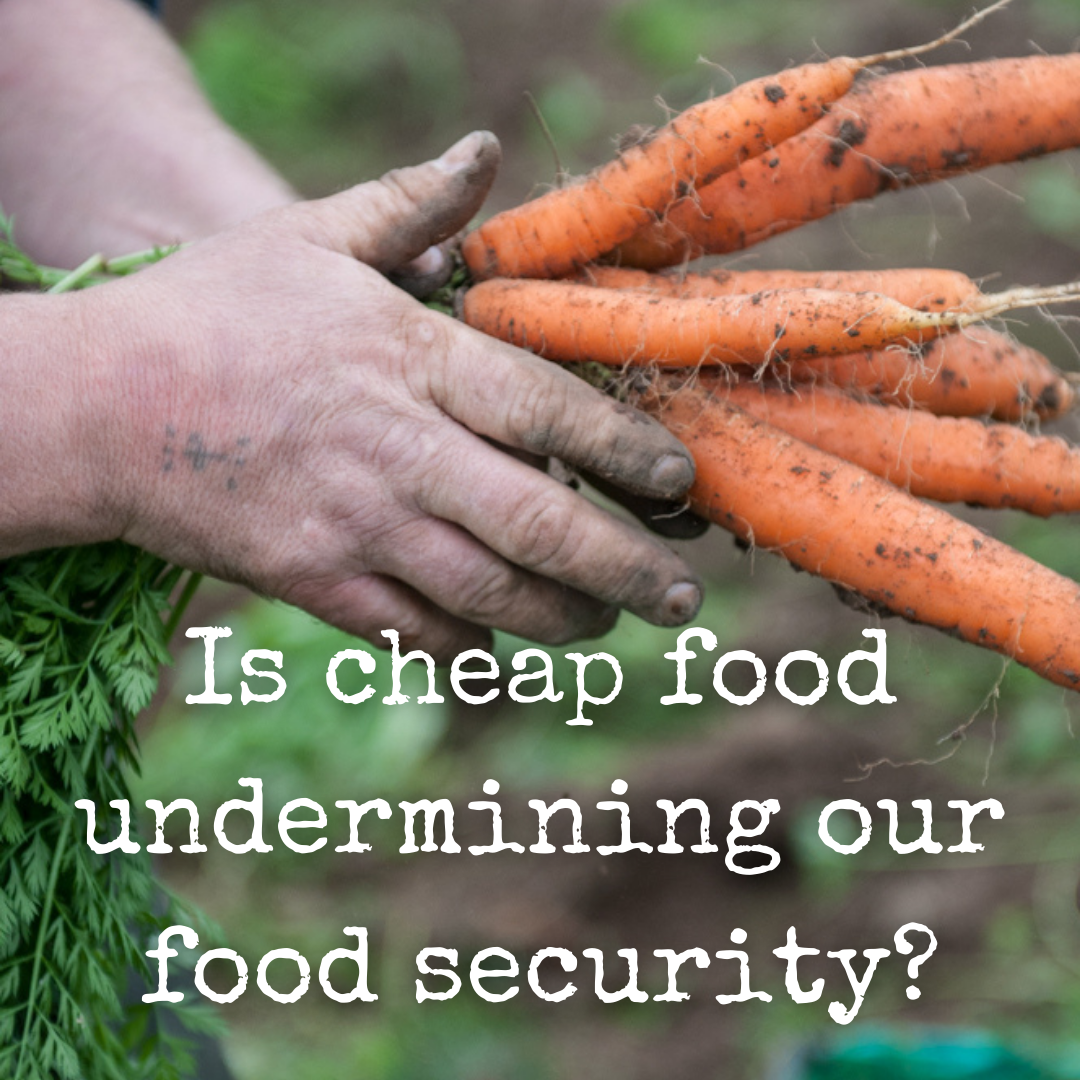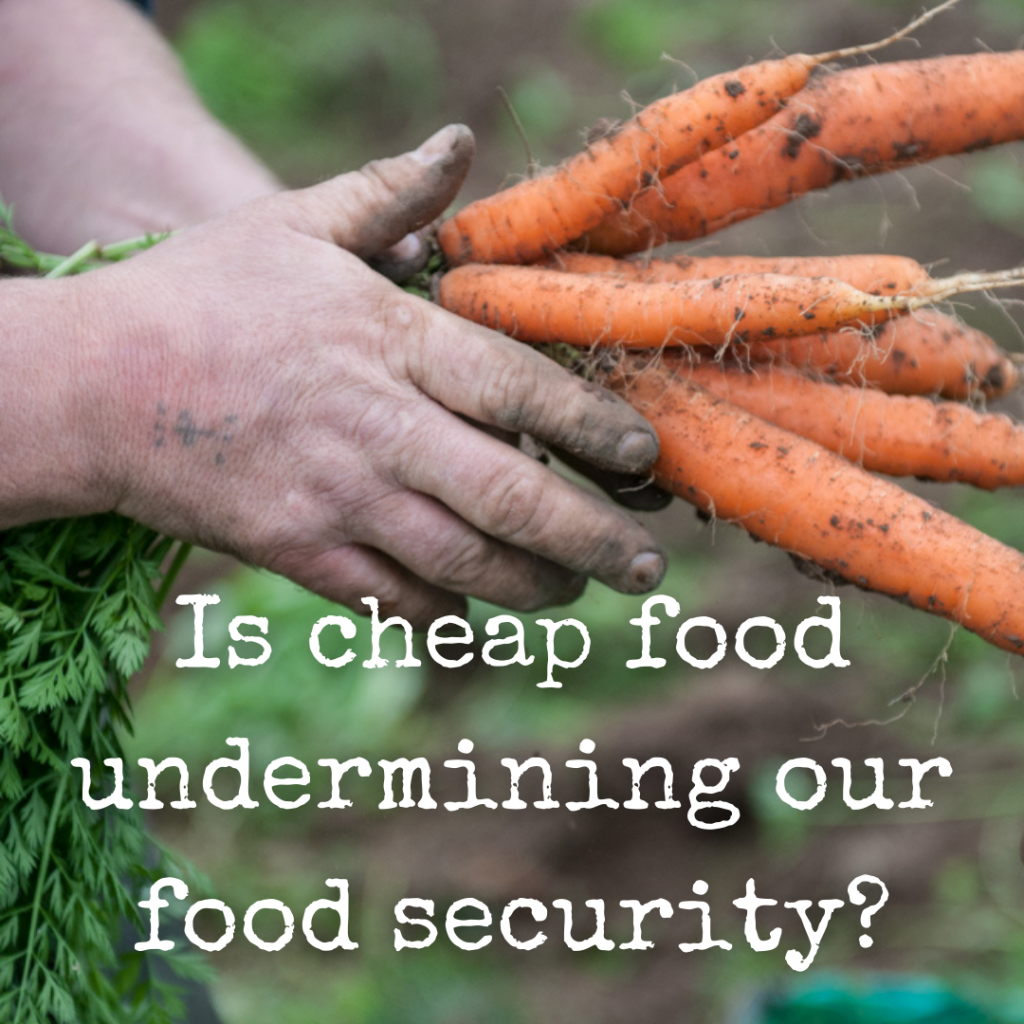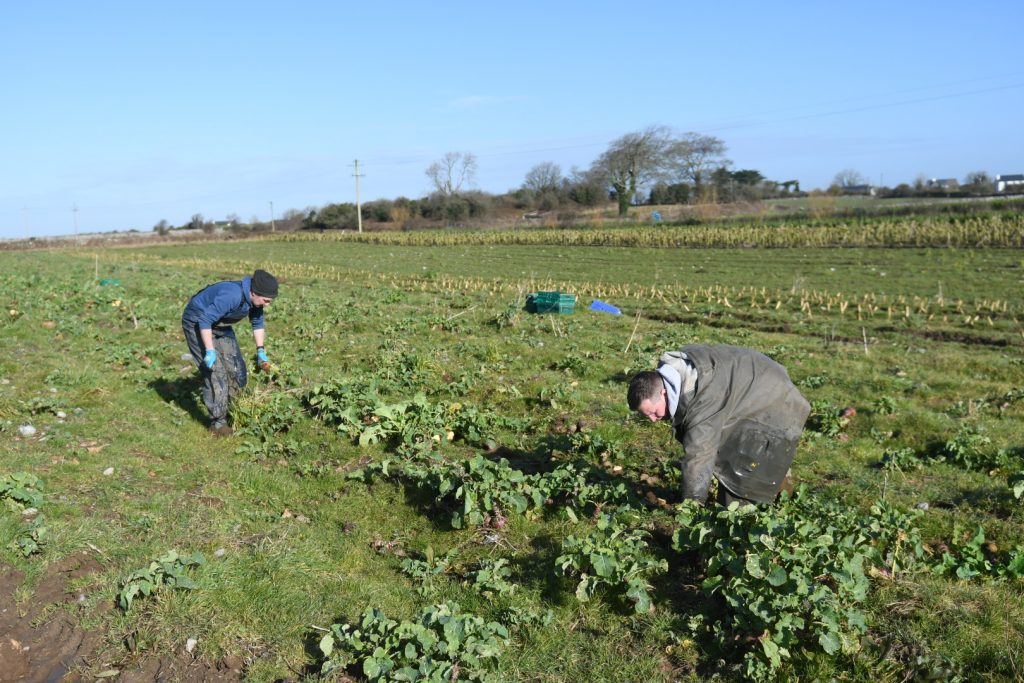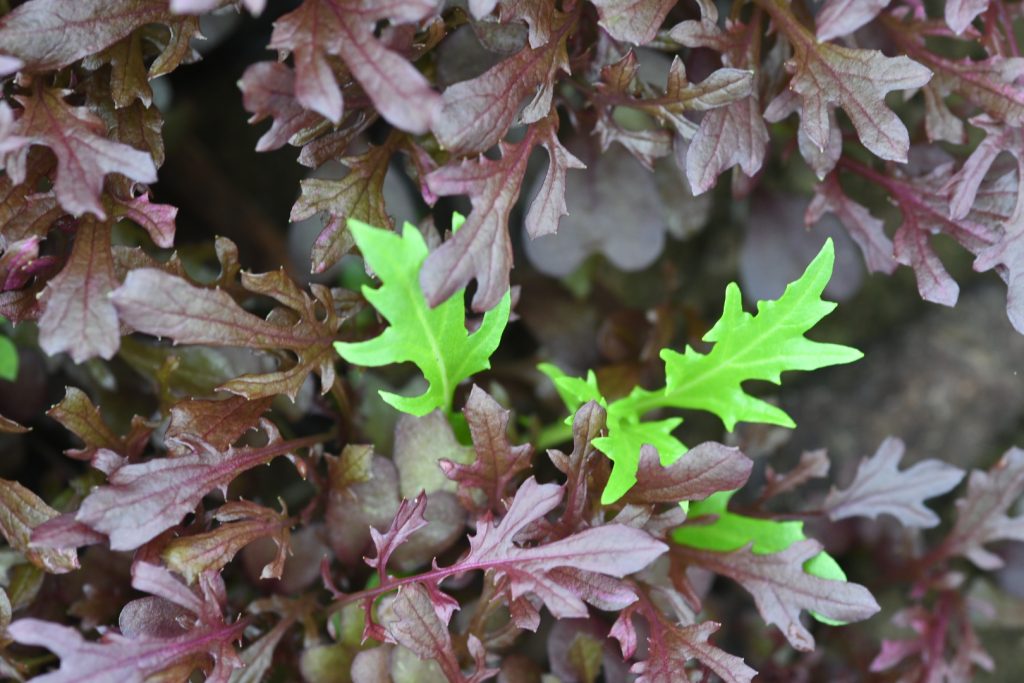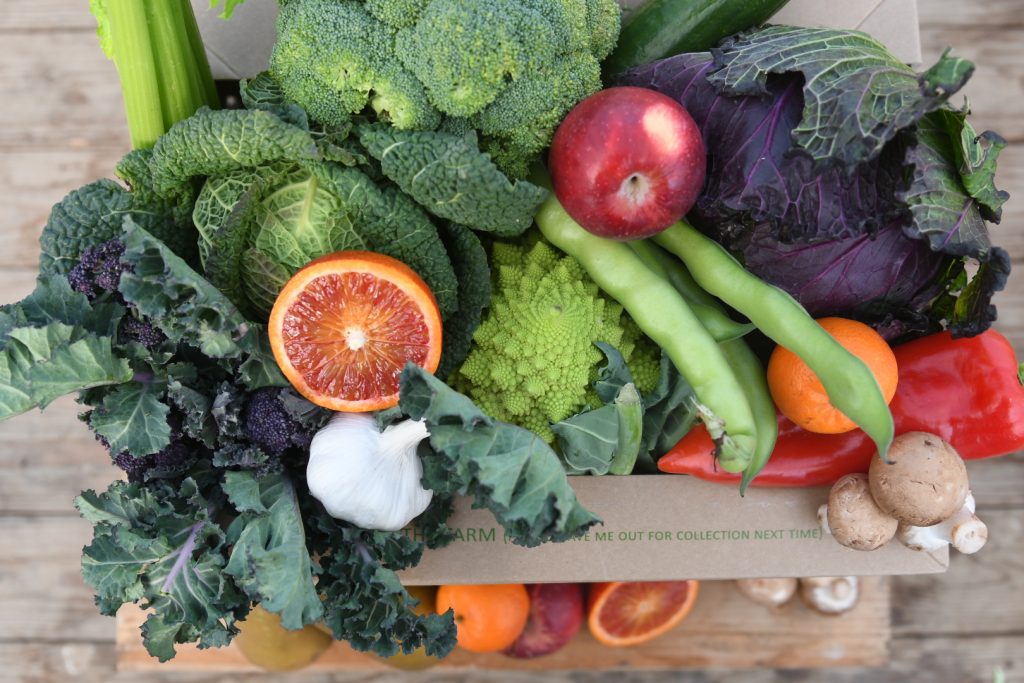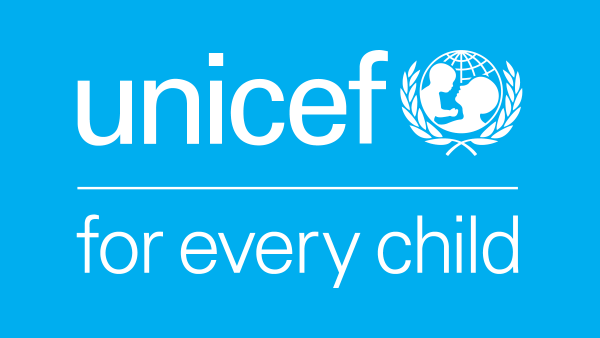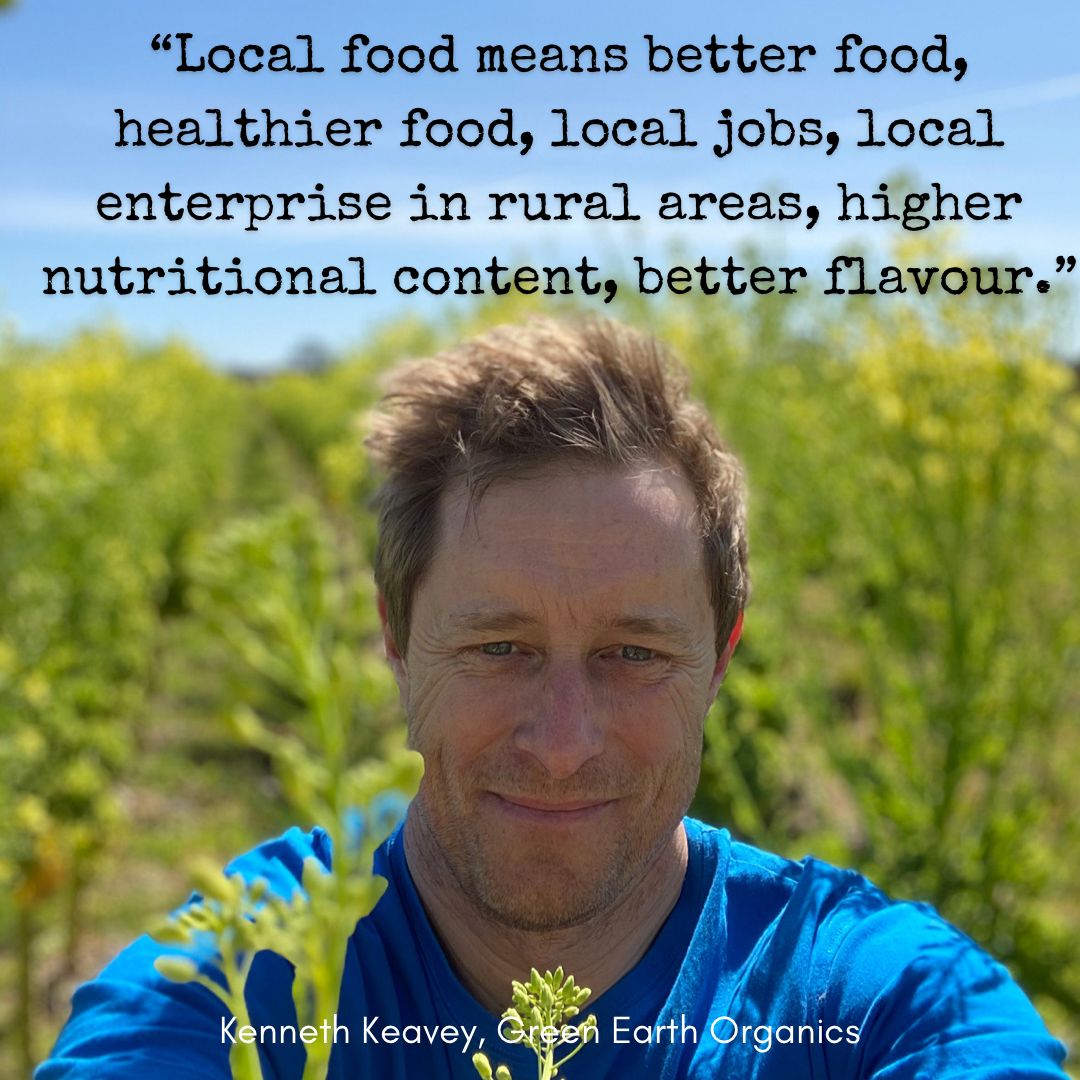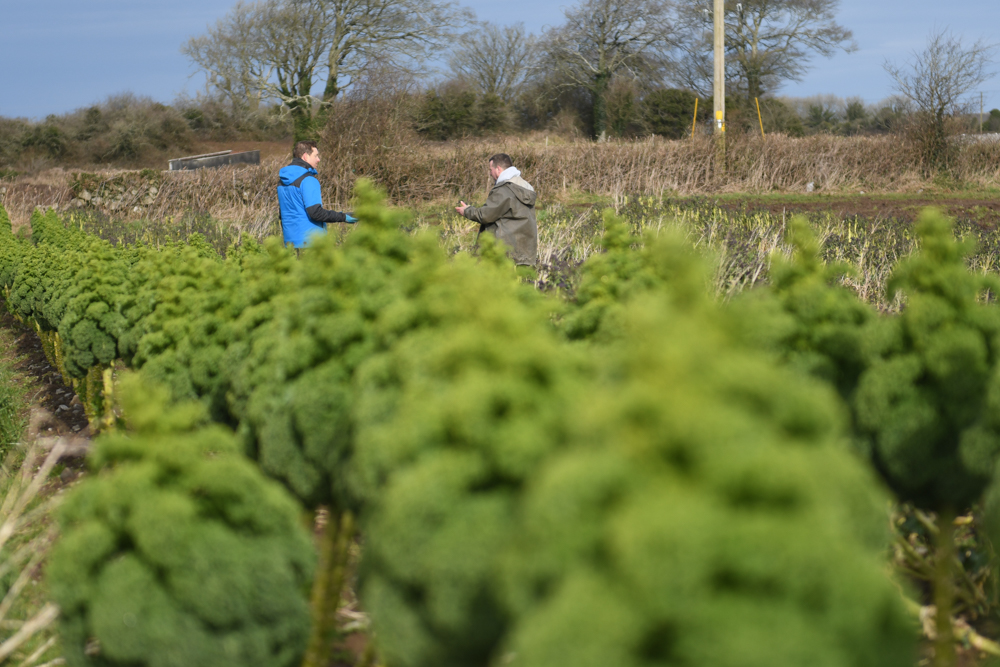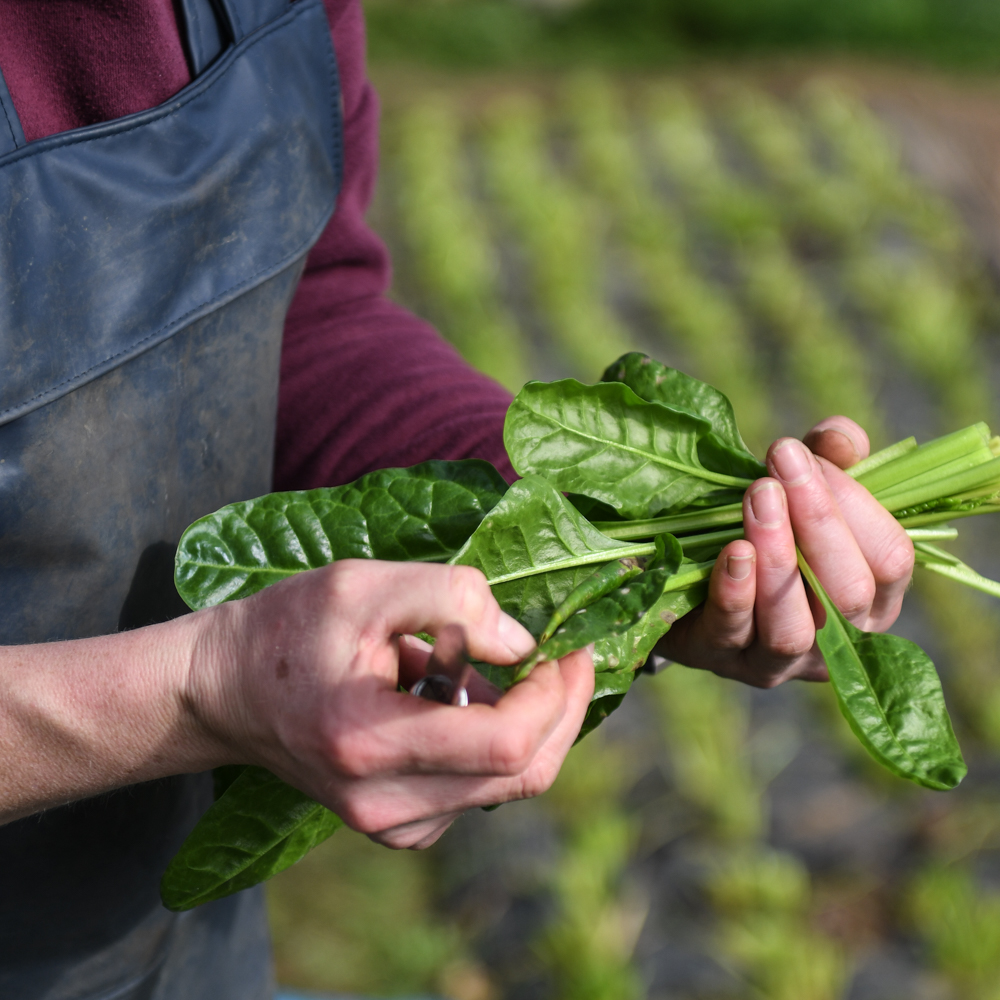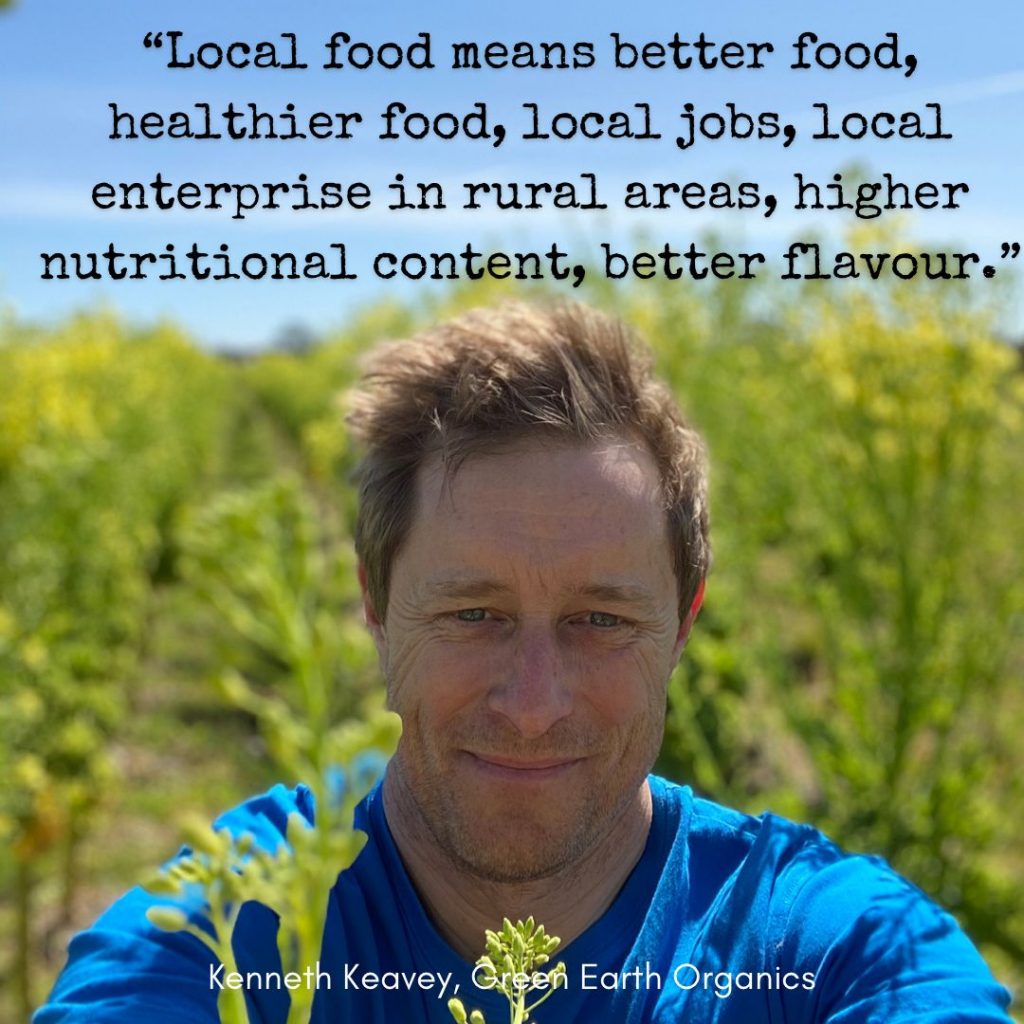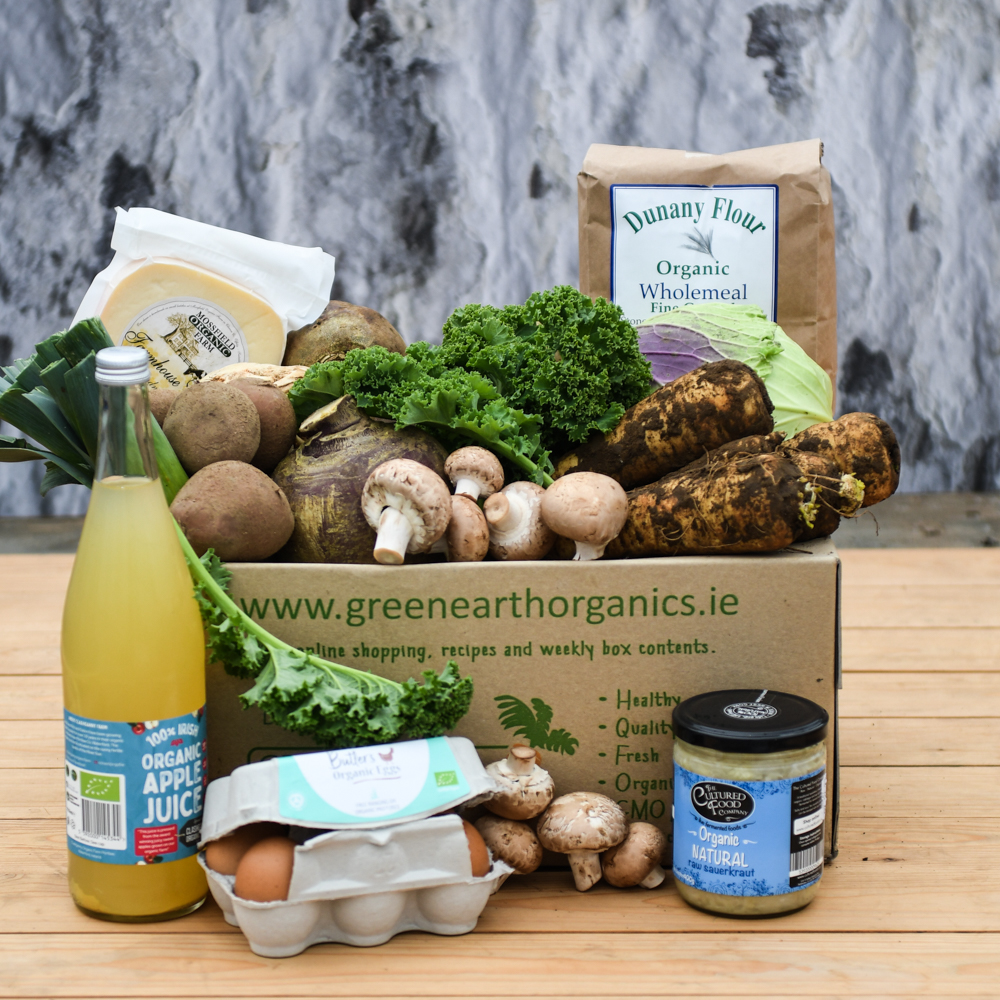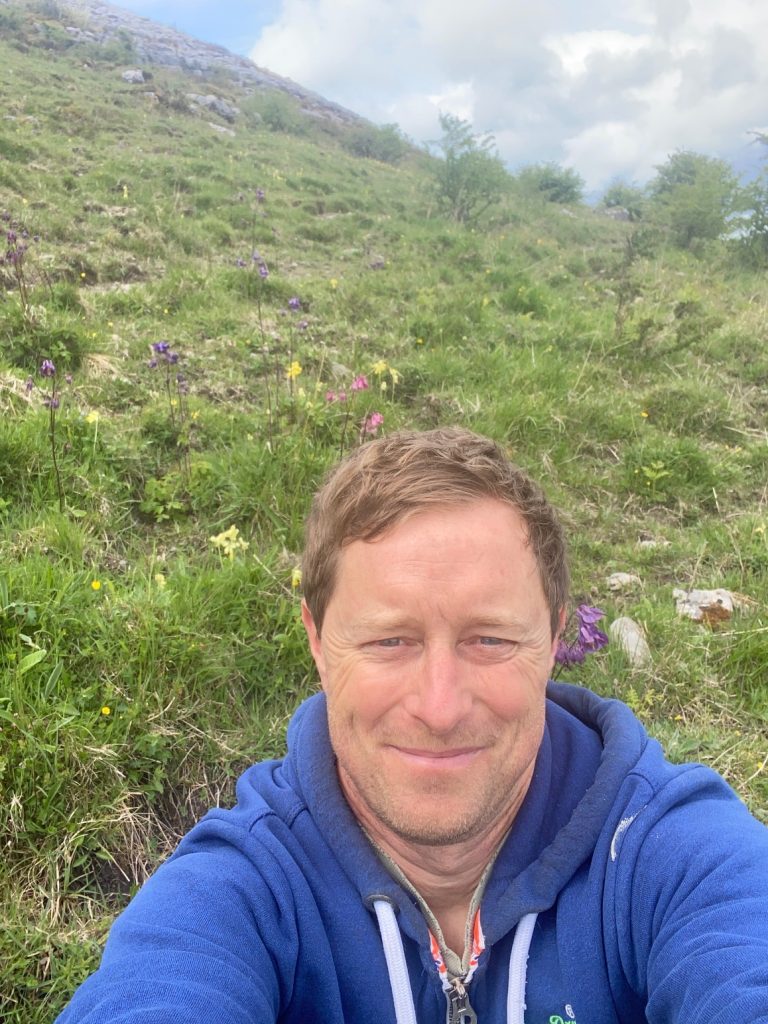
It was one of those rare occasions, you know the ones, where you get a chance to take a break from your life for a day, to get away and do something that wakes you up again. Sometimes it is from these breaks that you catch moments of clarity, that can be elusive during the busyness of life.
Yesterday, myself and Jenny took a day and went exploring in the beautiful landscape of the Burren, which is only 40 minutes from our farm.
It had been some time since I had been up in the hills of the Burren. We got away from everything and it was truly amazing. It may be my maturing years, (last time I was up there I was on a mountain bike) but this time I was walking, and I noticed the abundance of flora. The Burren is renowned worldwide for the diversity of plant species that grow there, and on this particular day it was resplendent in its natural beauty.
Field after stony field were full of flowers, most of which I didn’t know or recognise. But suddenly as we rounded one corner a field of cowslips came into sight. It was a sight that transported me back in time, to a time when the fields next to our family home were full of these beautiful flowers.
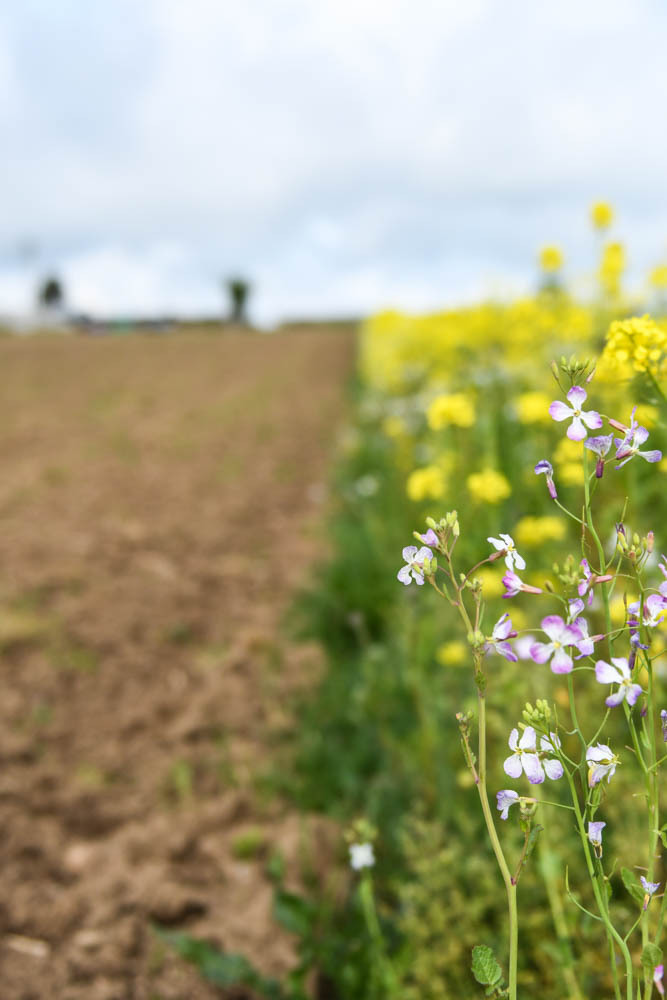
Sadly, today, these flowers are not to be found in most farm grasslands, they have all but disappeared (as have the button mushrooms that also used to be commonly found in meadows). The Burren is a haven for these flowers and one of the key reasons is the absence of chemicals. Those mountains are never sprayed, the land just gets to be.
Enroute to Clare we passed some land which up until last year we farmed. The sight of the fields was shocking, it had taken on a bright iridescent chemical hue.
Earlier this year we finished the lease on that land. We had been the custodians for the previous 5 years. Over those five years we treated that land very well, we increased the organic matter content, we brought up its fertility levels, we sowed red clover and left it under clover for two years, we picked truckloads of stones, but crucially we kept it alive, it was always alive while we were the guardians.
This time last year, the last of the kale plants were flowering and those fields were alive with millions of insects and bees. Contrast that with what we saw yesterday.
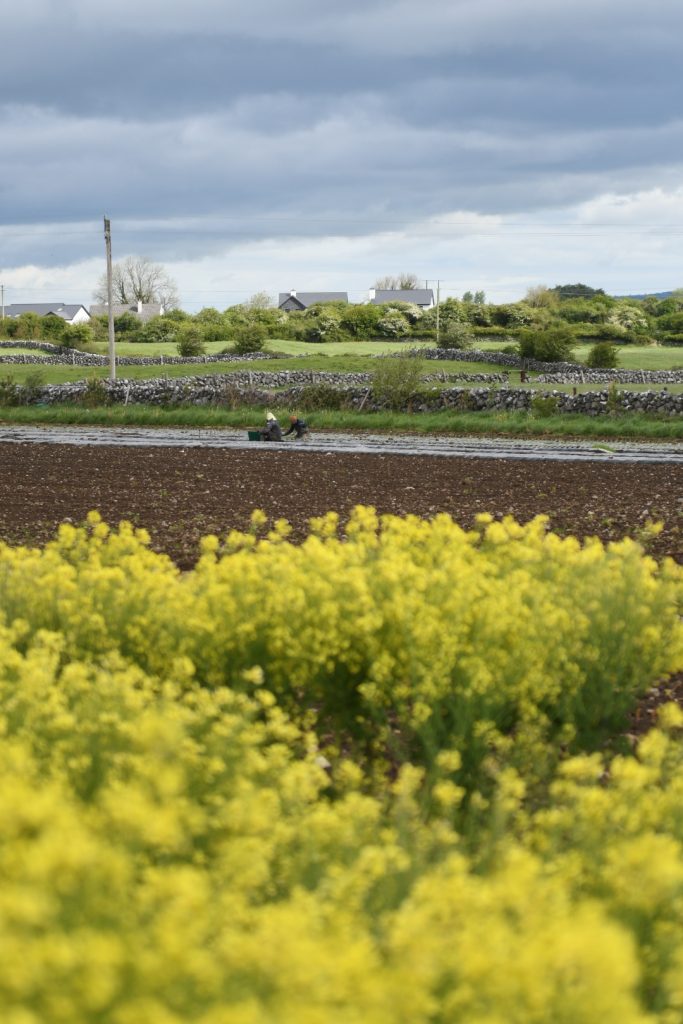
The land is only out of our care less then a month. The whole 9 acres is dead. It has been sprayed with glyphosate and it has a sickly bright yellow/orange tinge of chemical intoxication, all life is gone, all the plants are dead, all the bees are gone, all the insects are gone, and all the birds are gone.
As I reflected on the natural beauty of the Burren and what had happened to that land it was like an epiphany, it was a blinding shock at the glaring difference between the path of food production we follow and the chemical laden path of conventional food production. They couldn’t be more different.
We came back to our normal lives and passed those fields again on the way home. I was sad that all our good work of five years had been undone in an afternoon. But anger and determination followed, and it made me even more committed to ensuring that we continue to do things right on our home farm, that we never ever use chemicals, and we protect nature at every turn.
Your support supports that mission.
Kenneth
